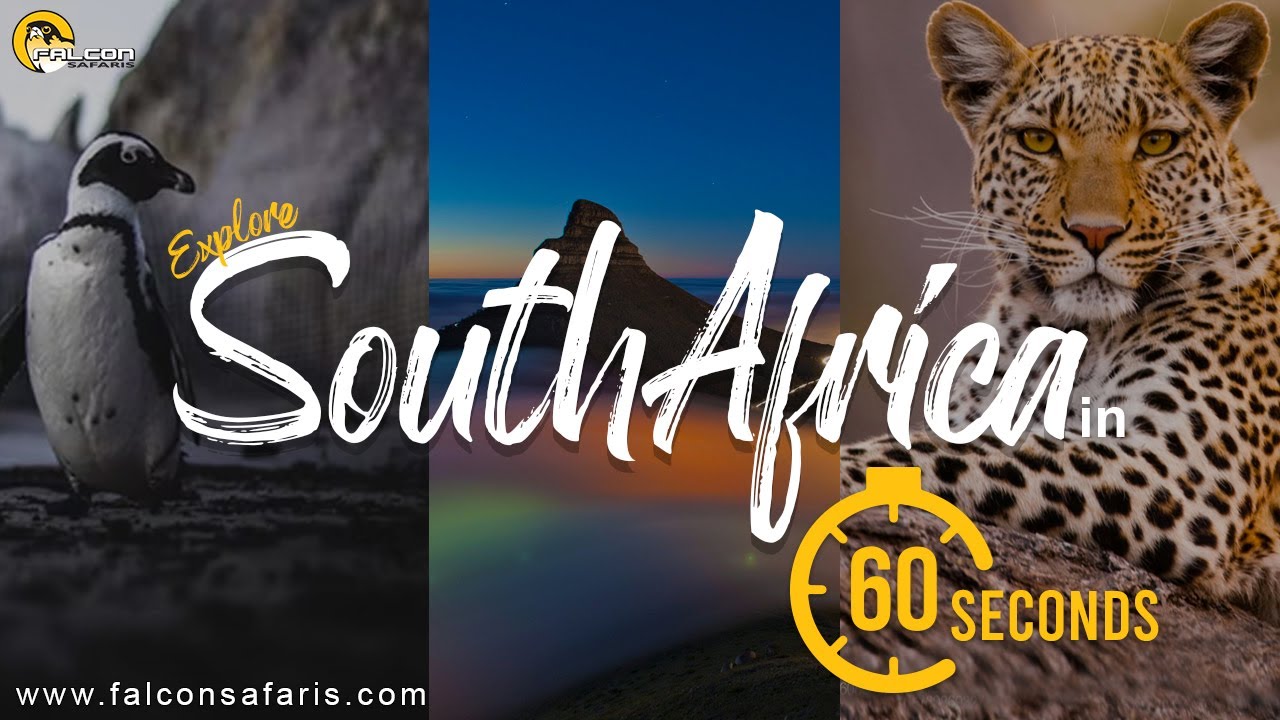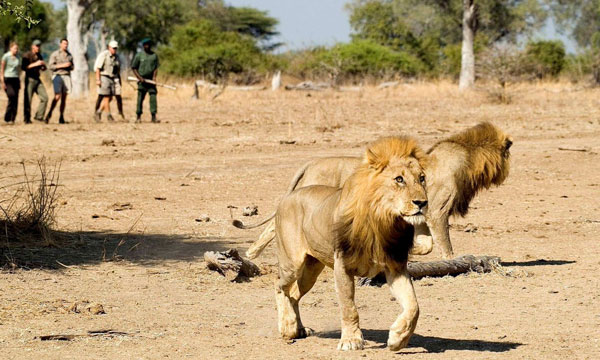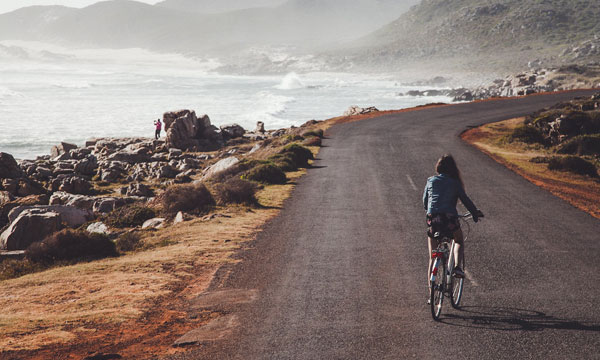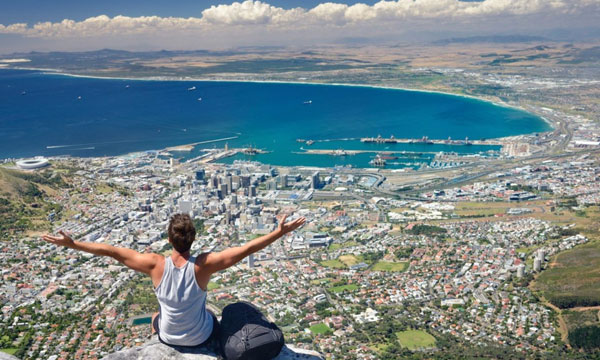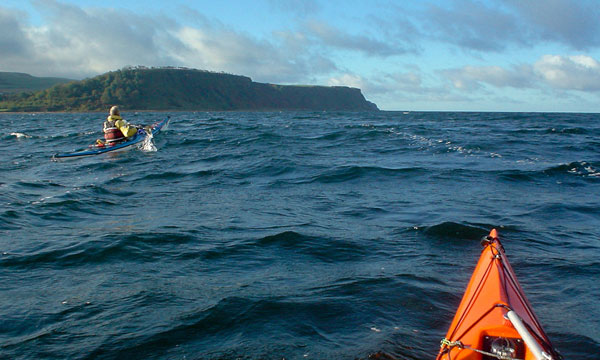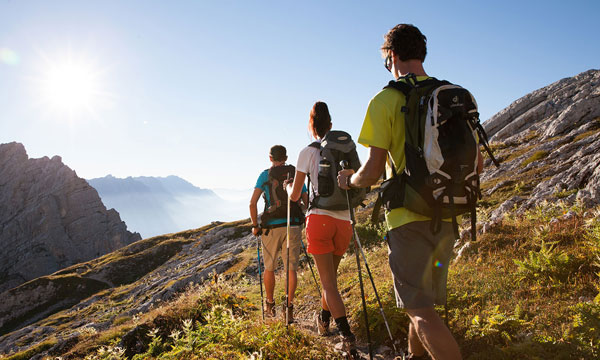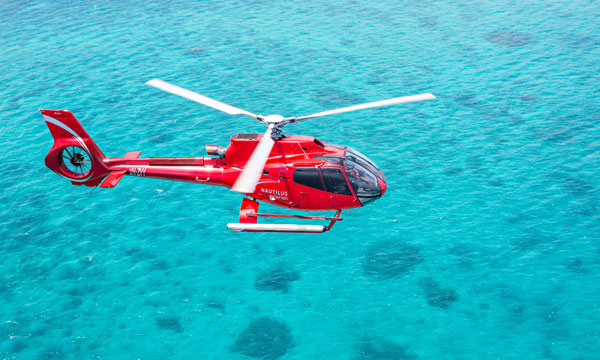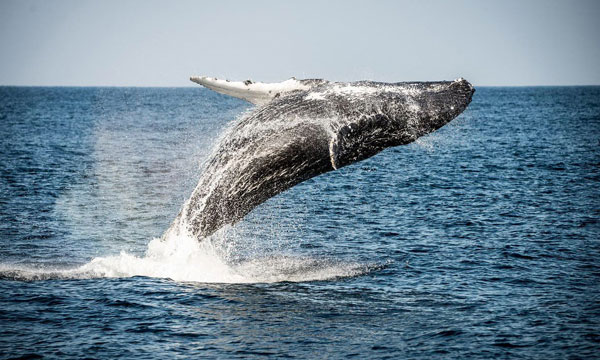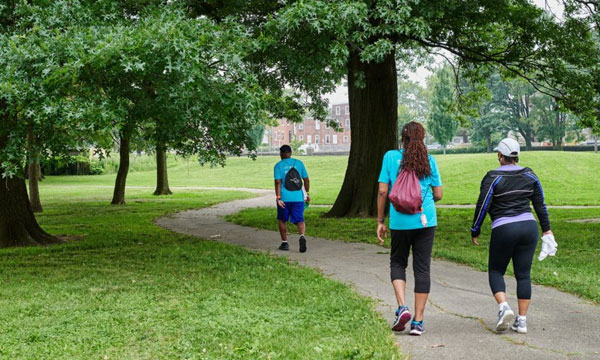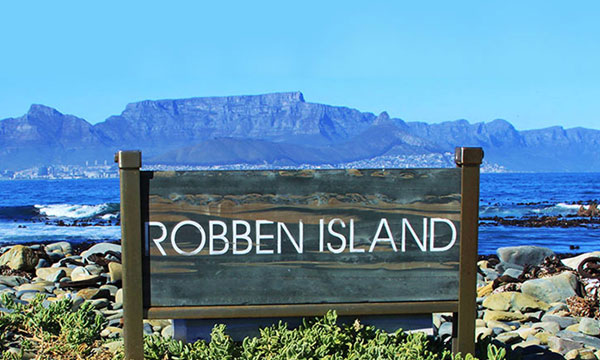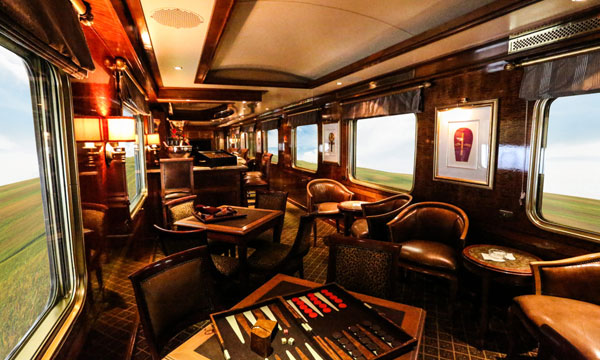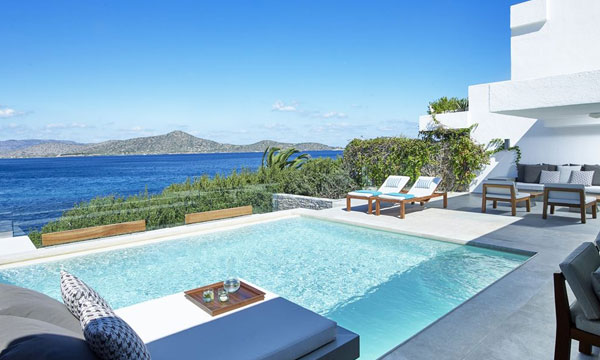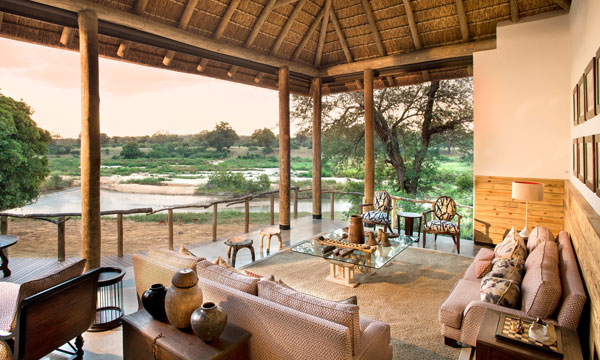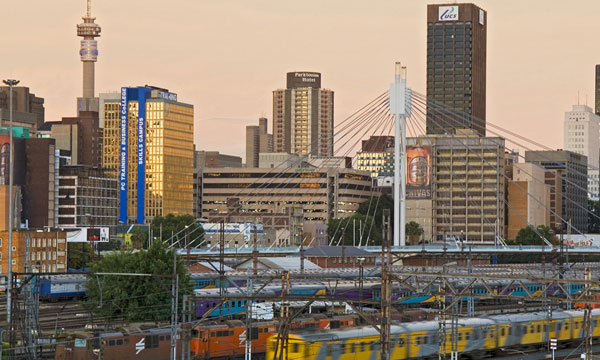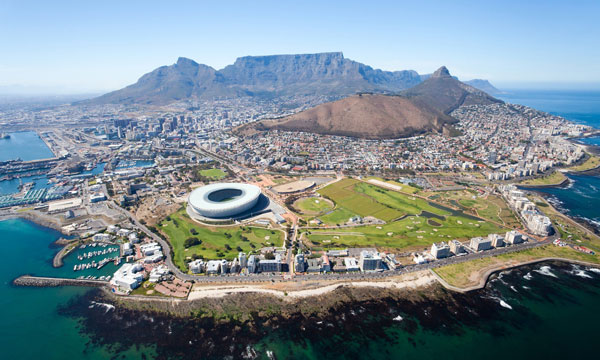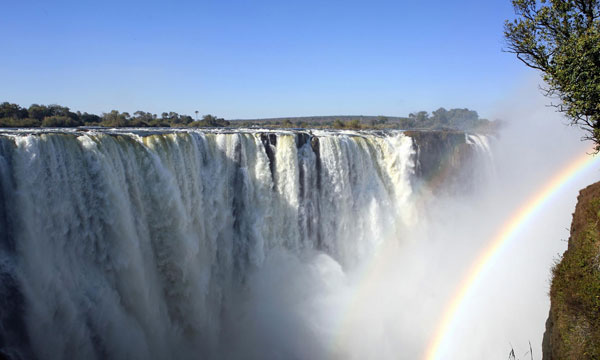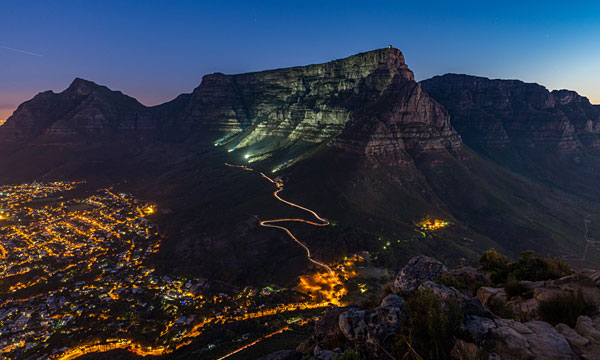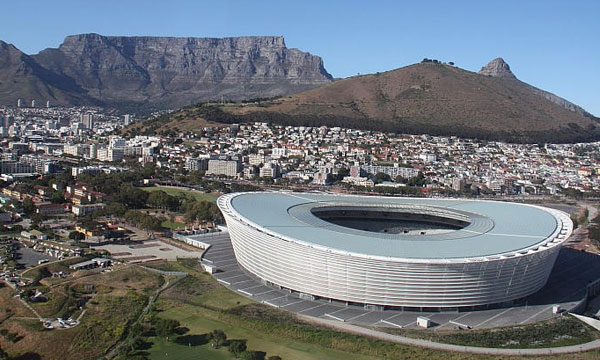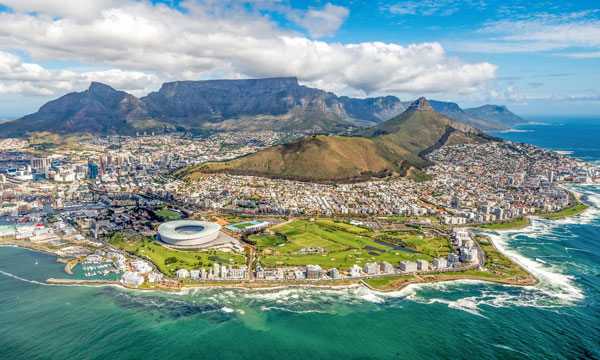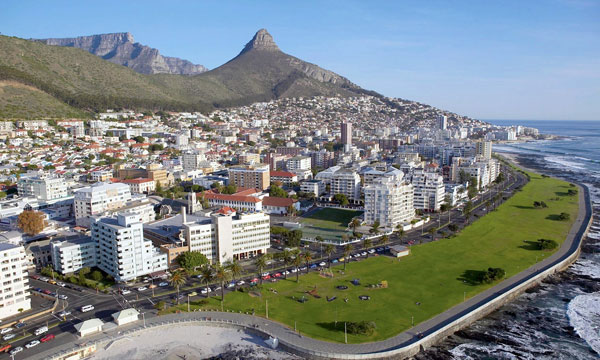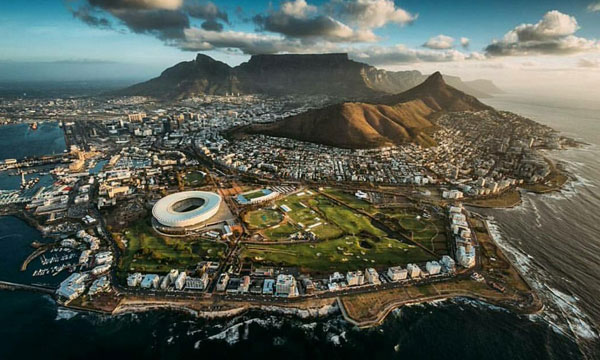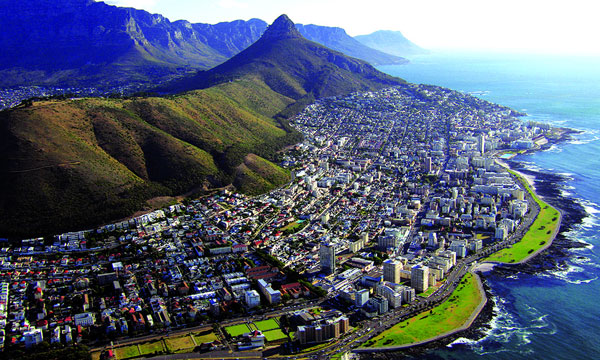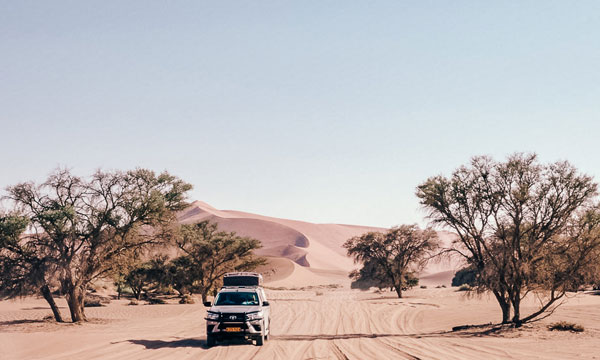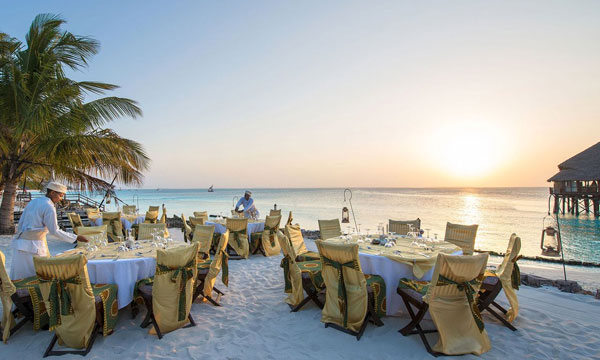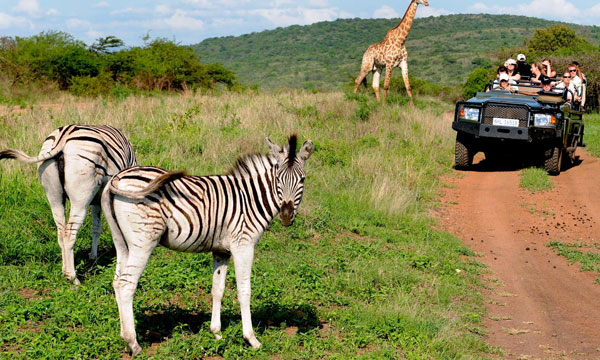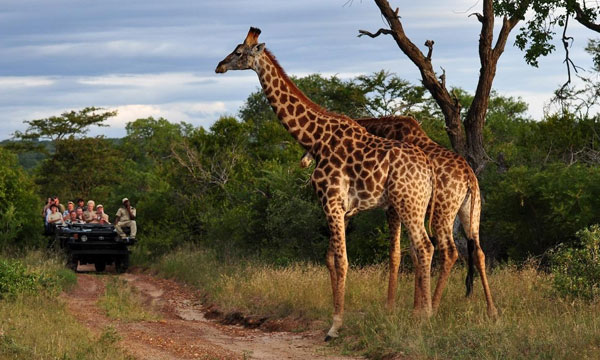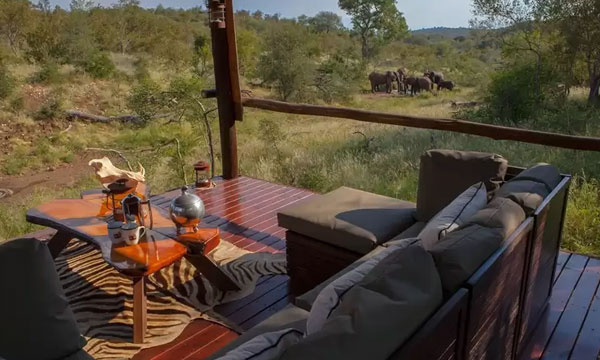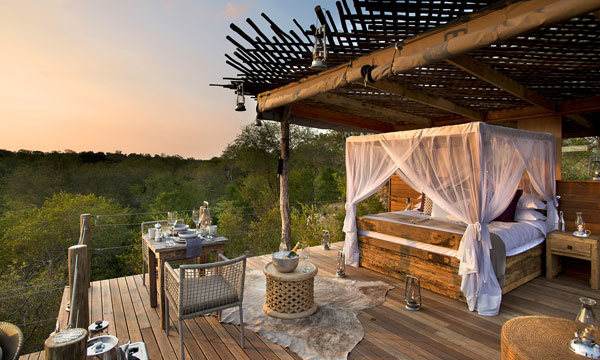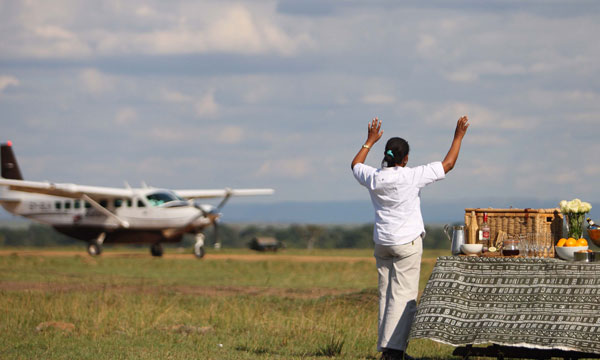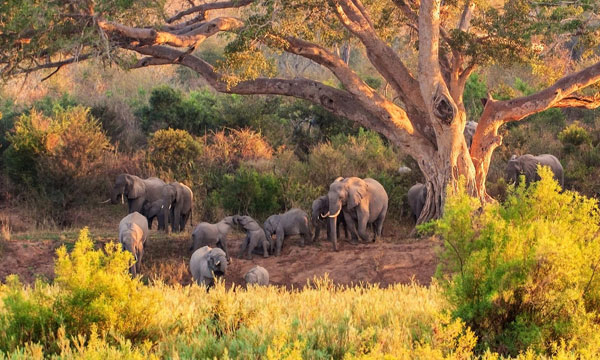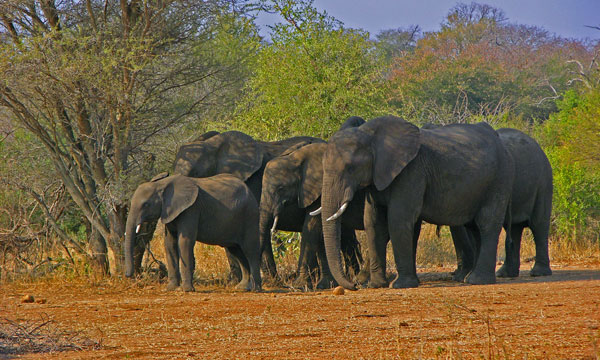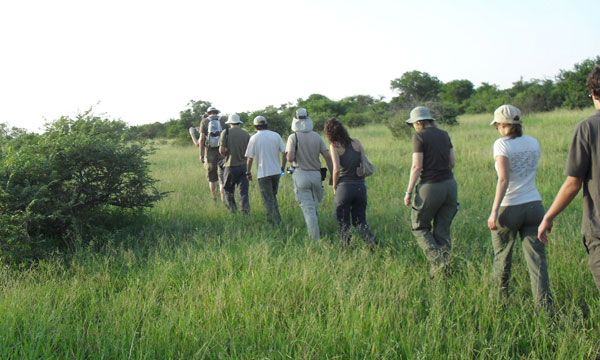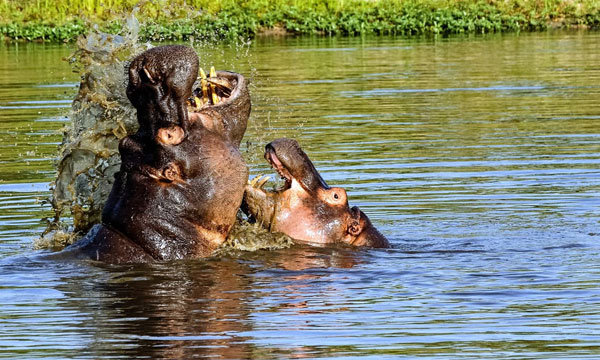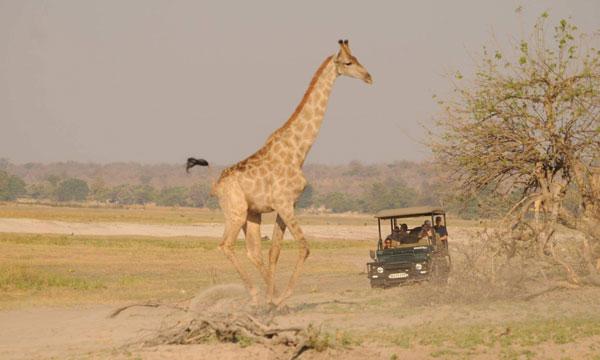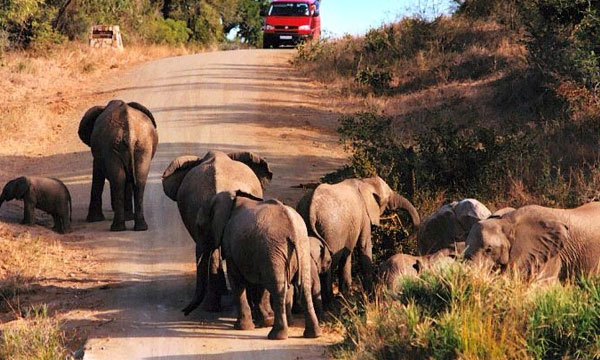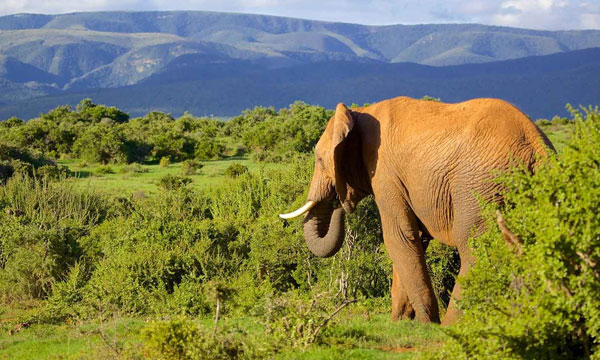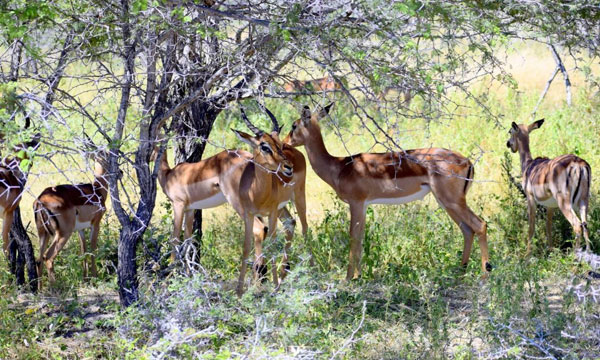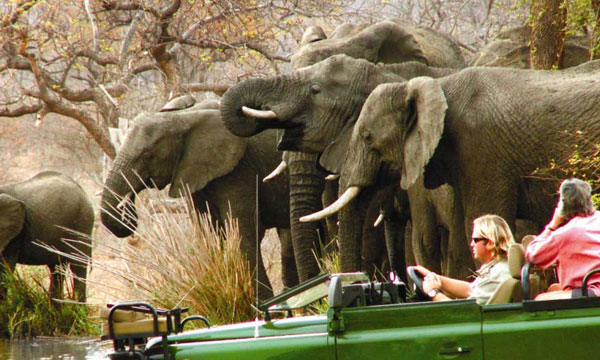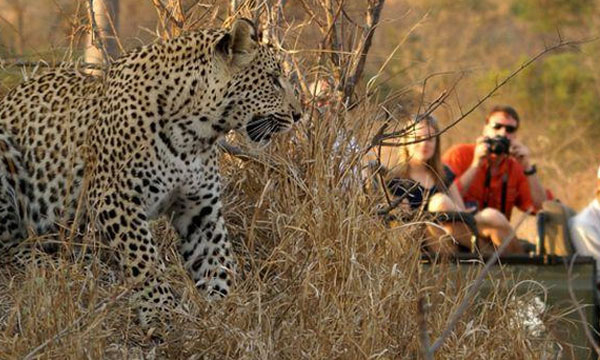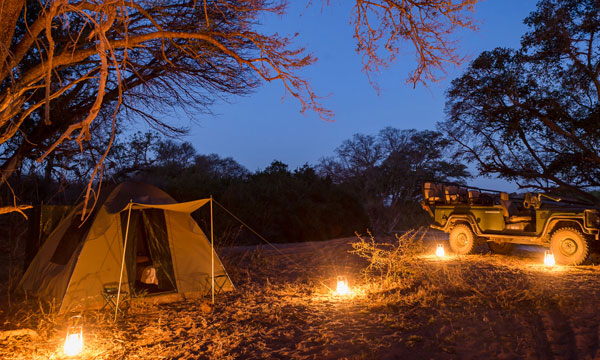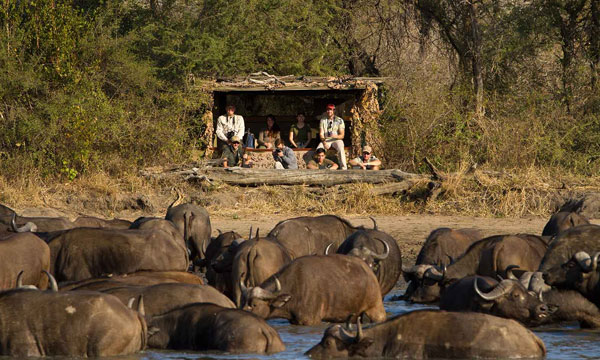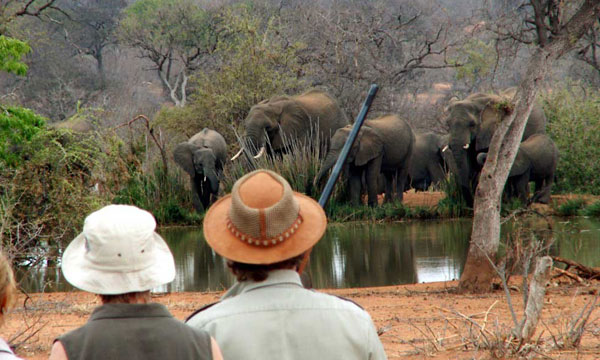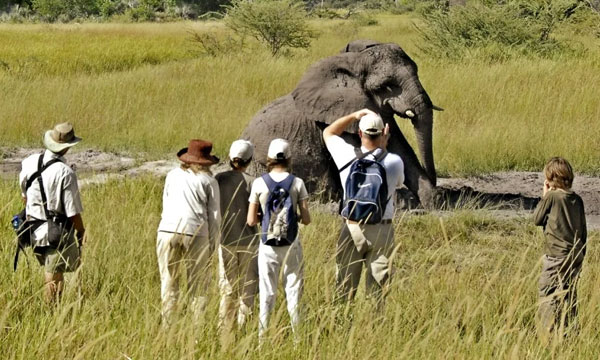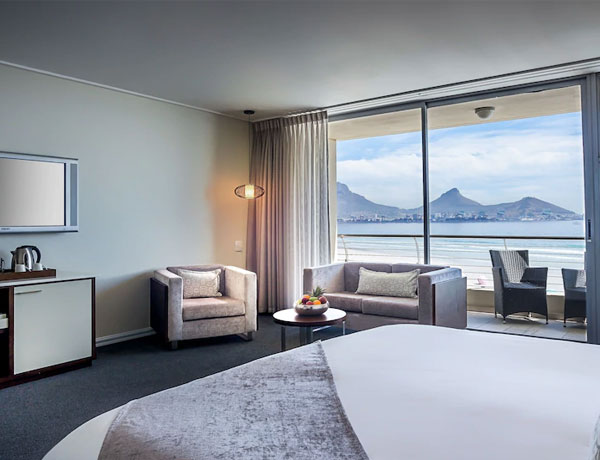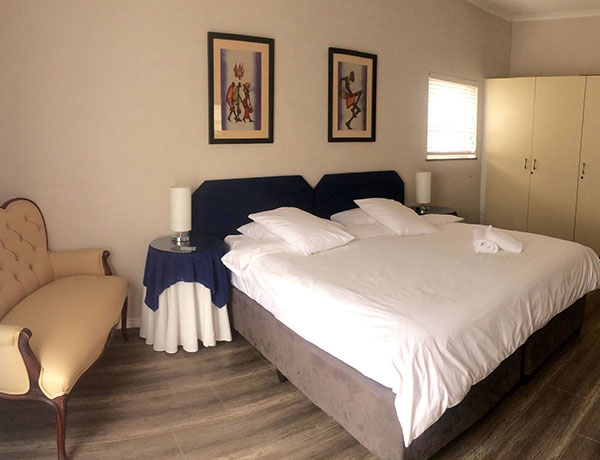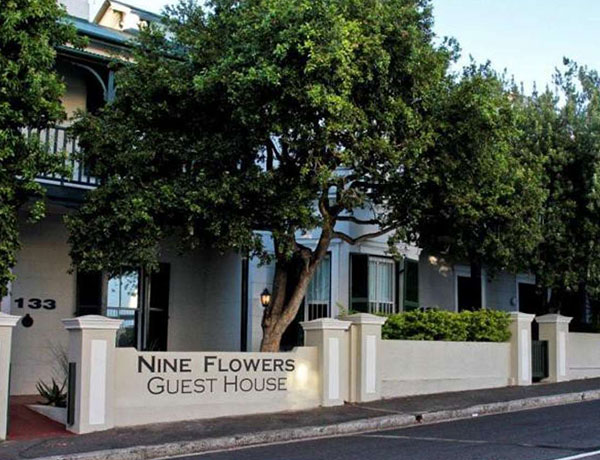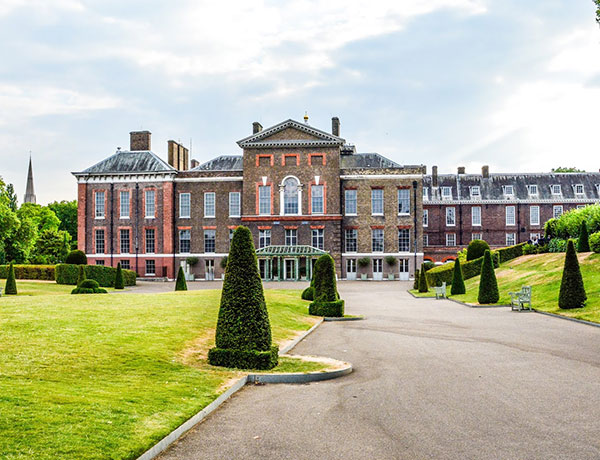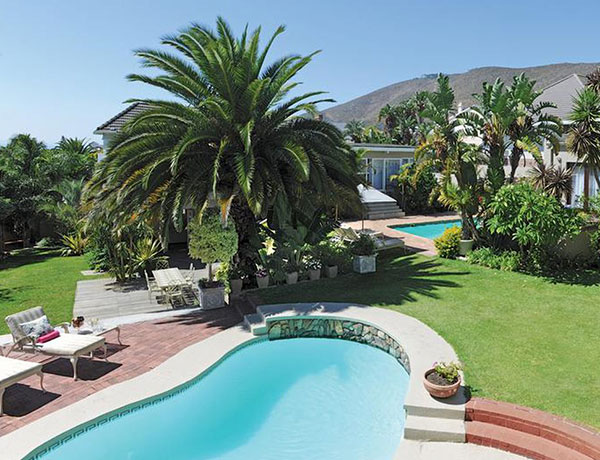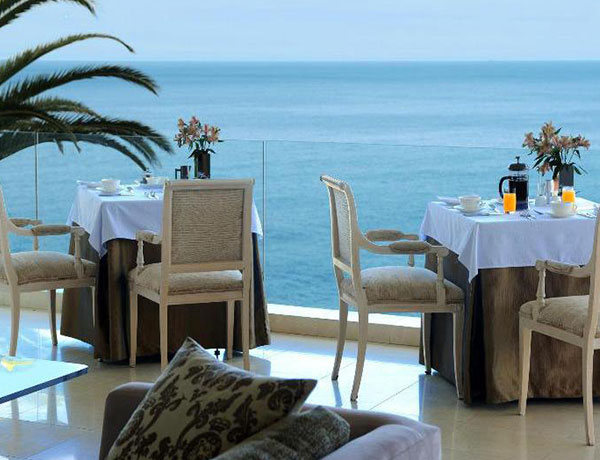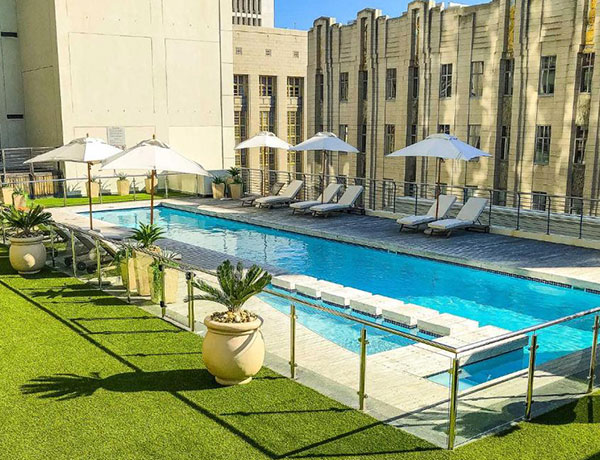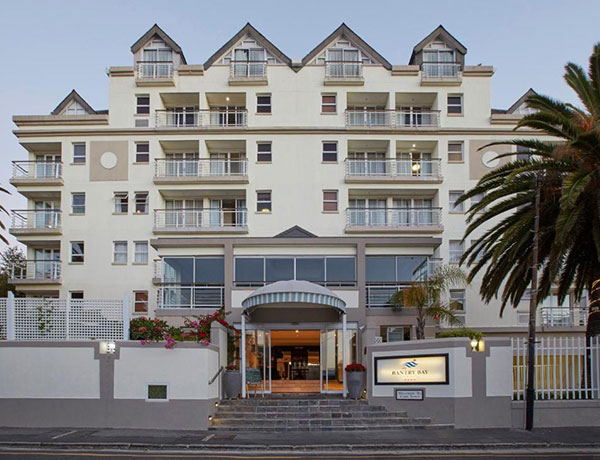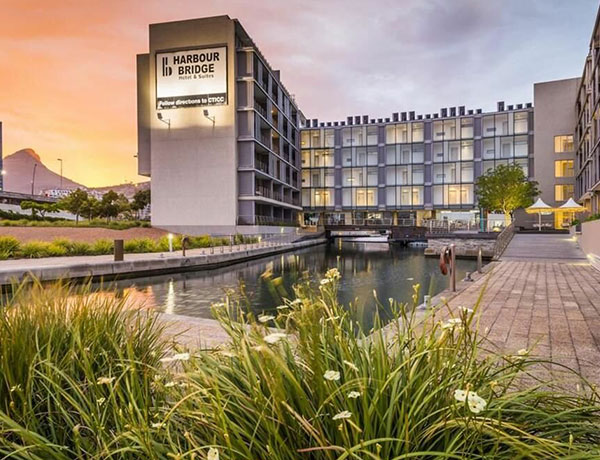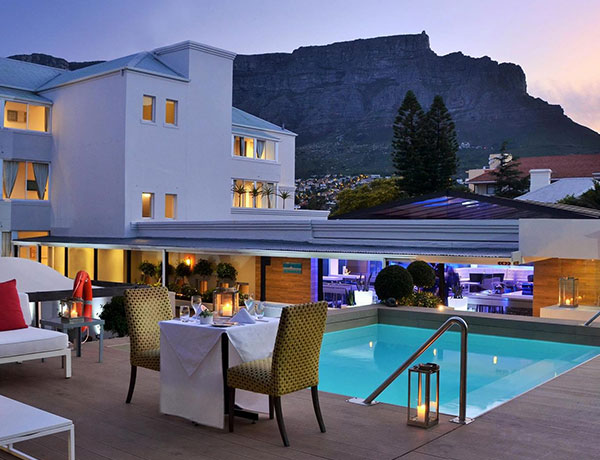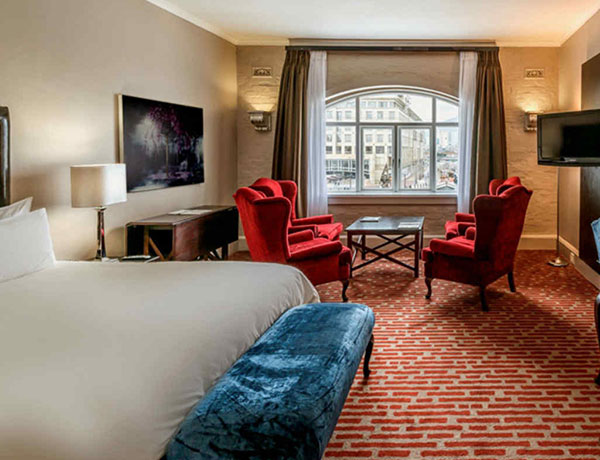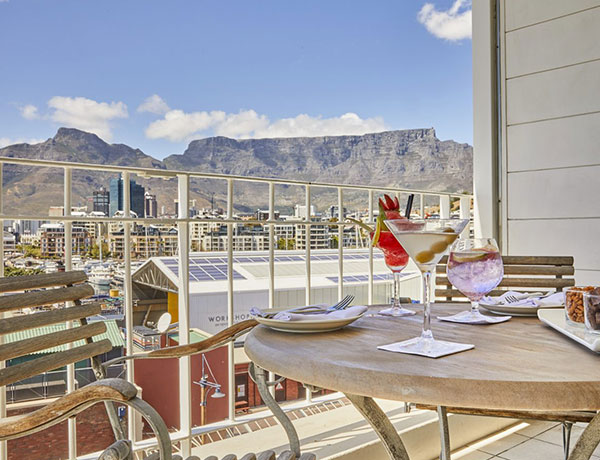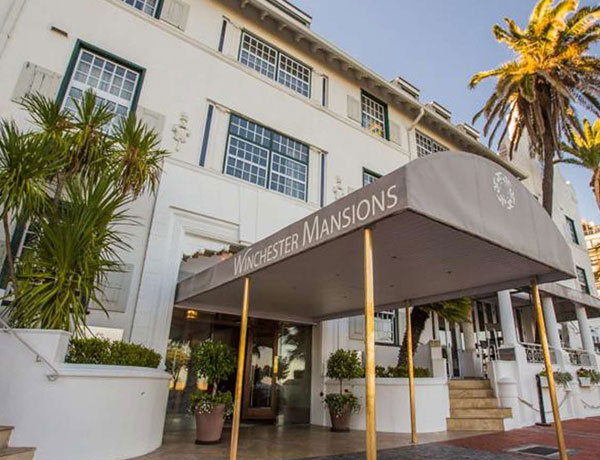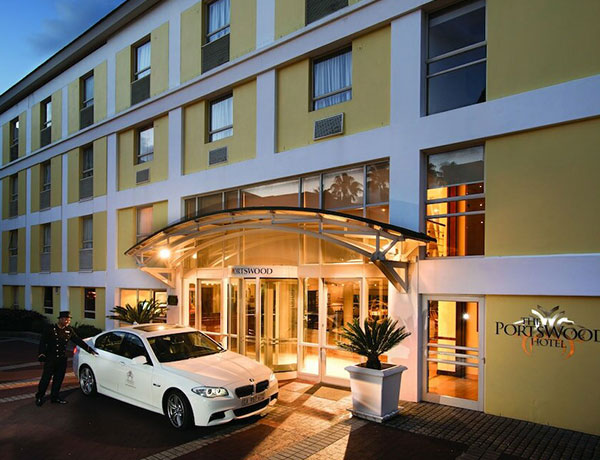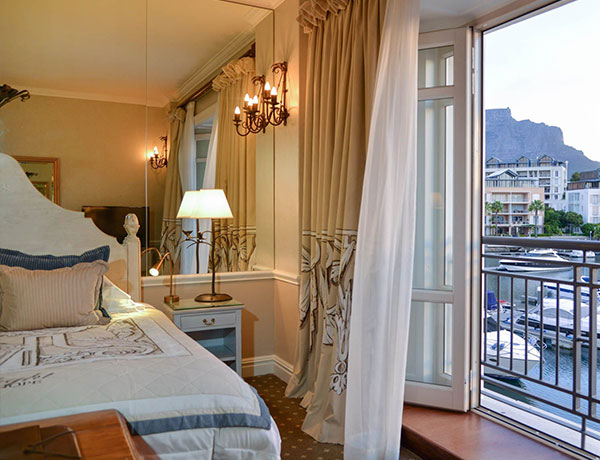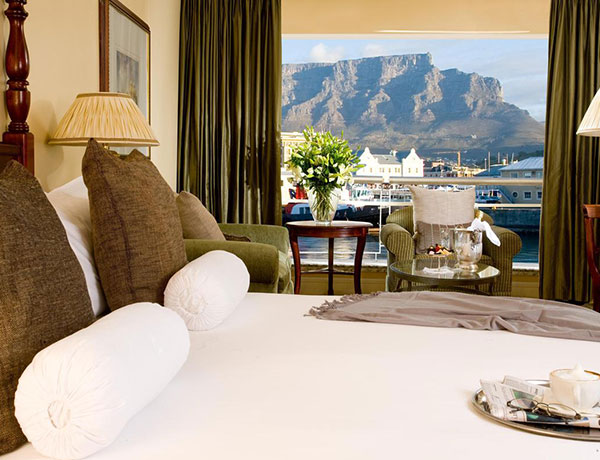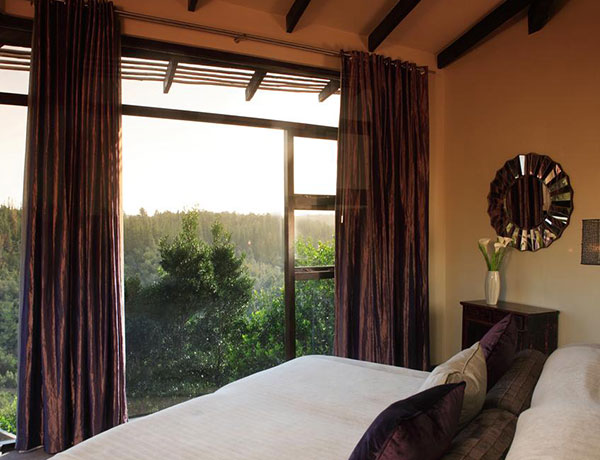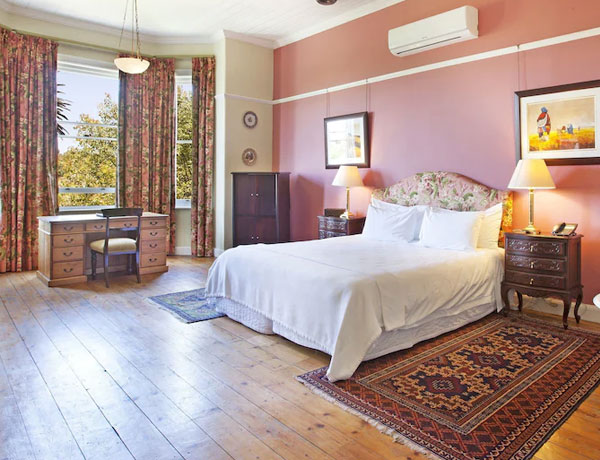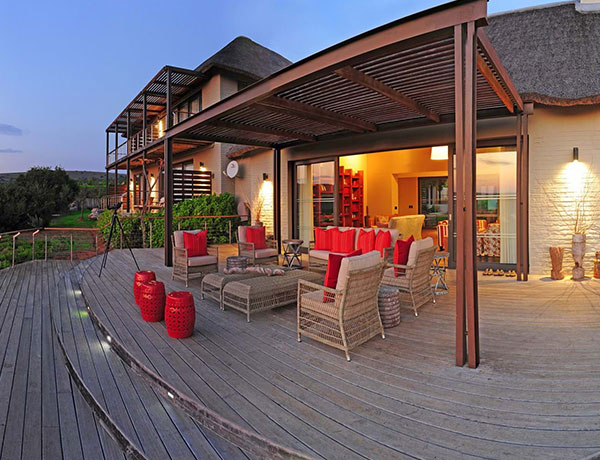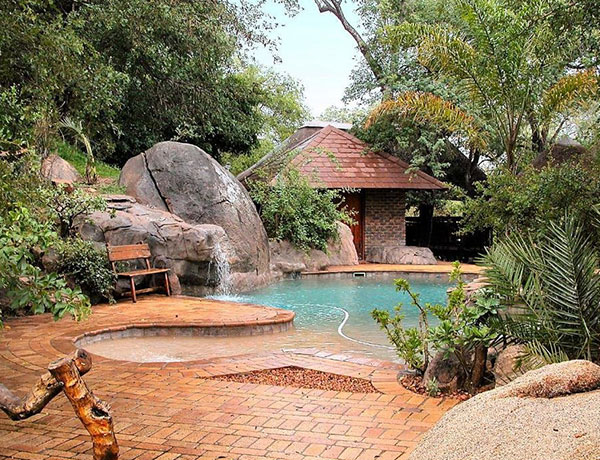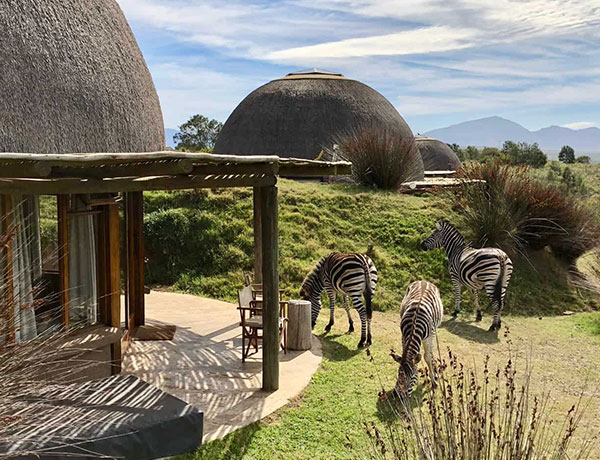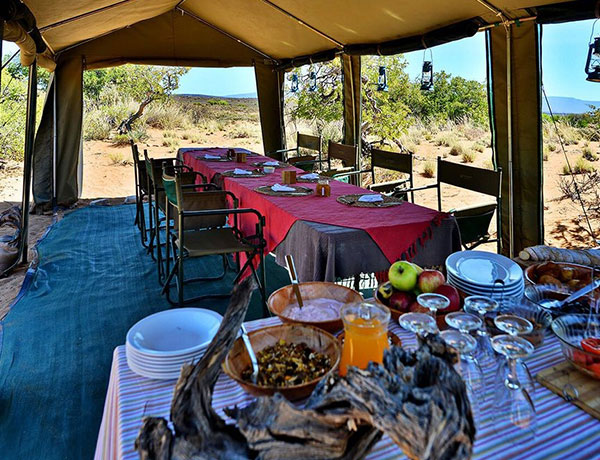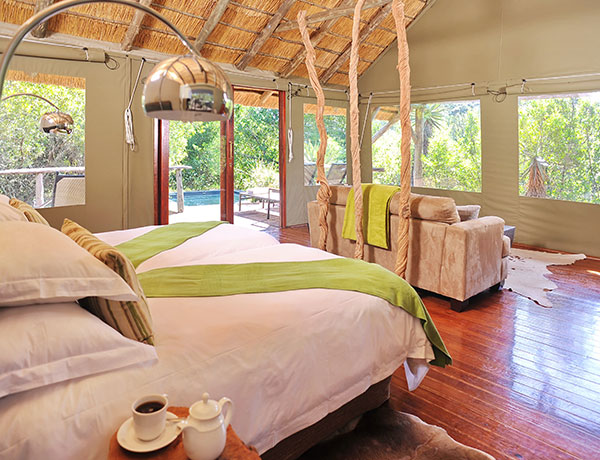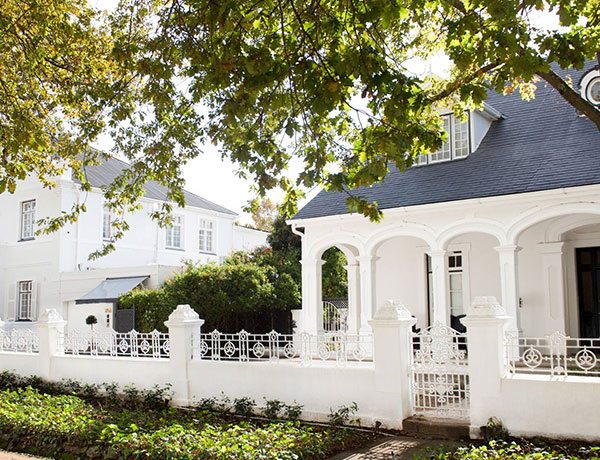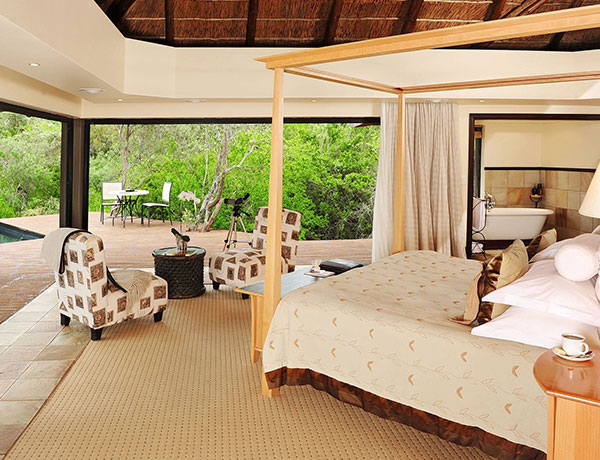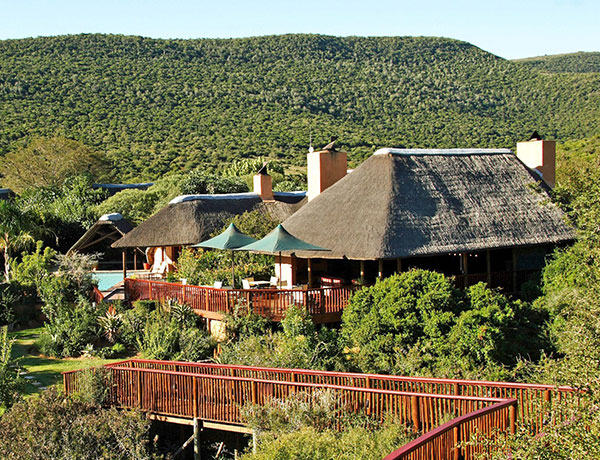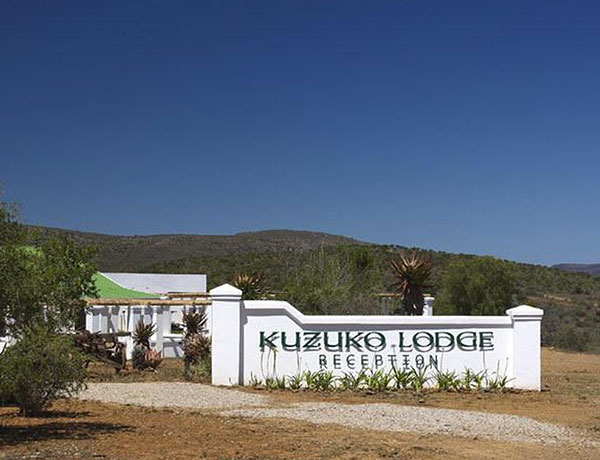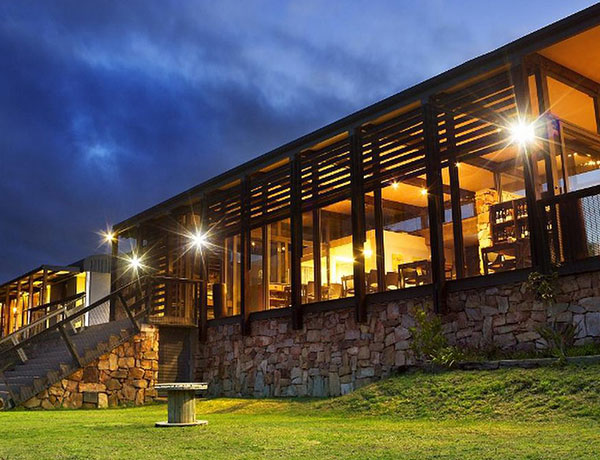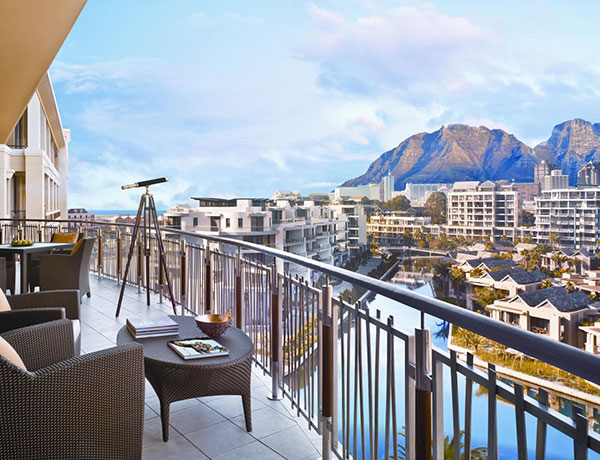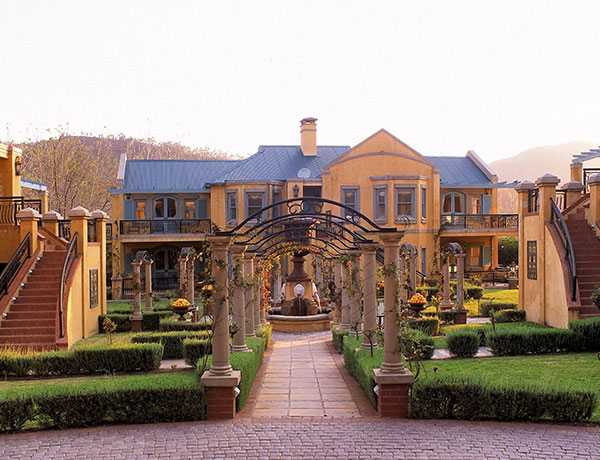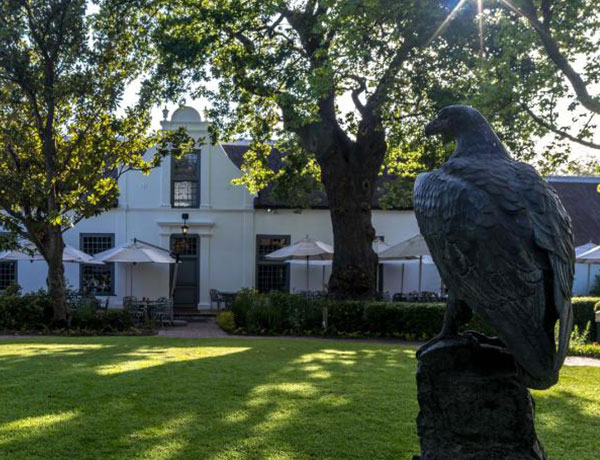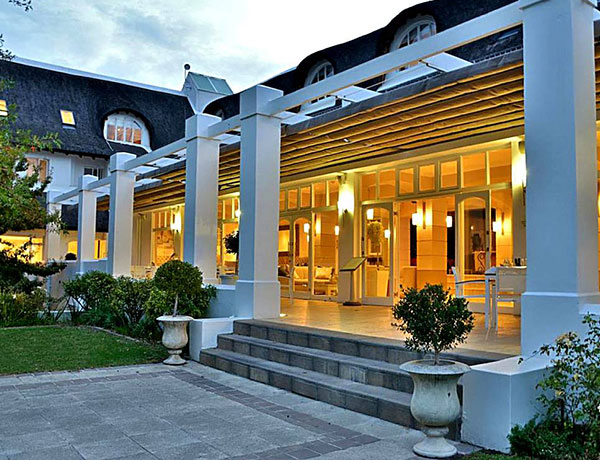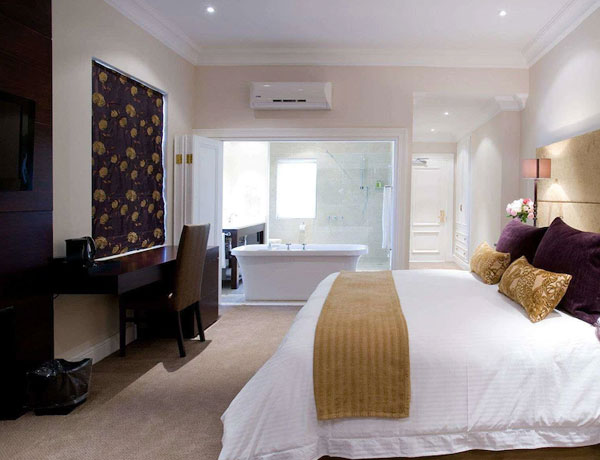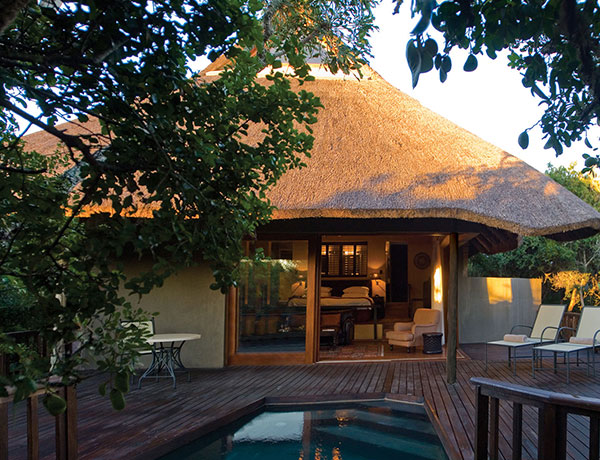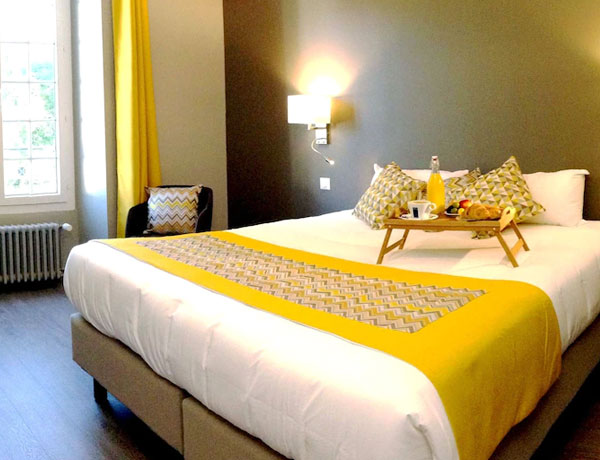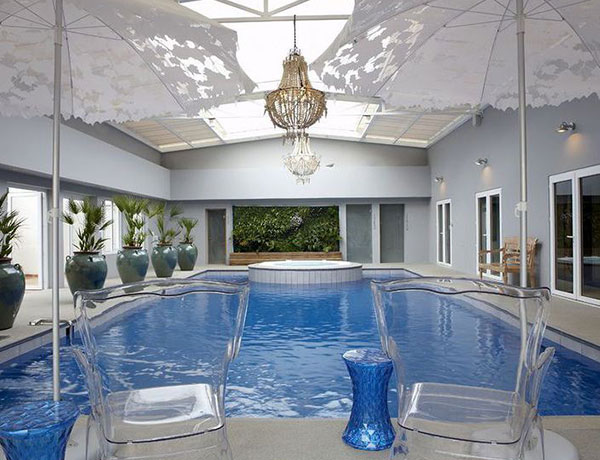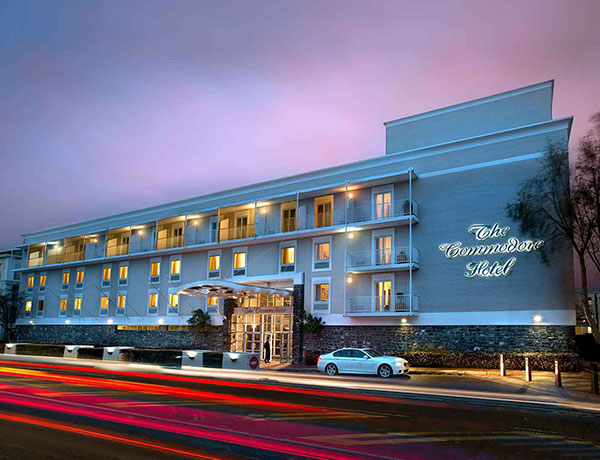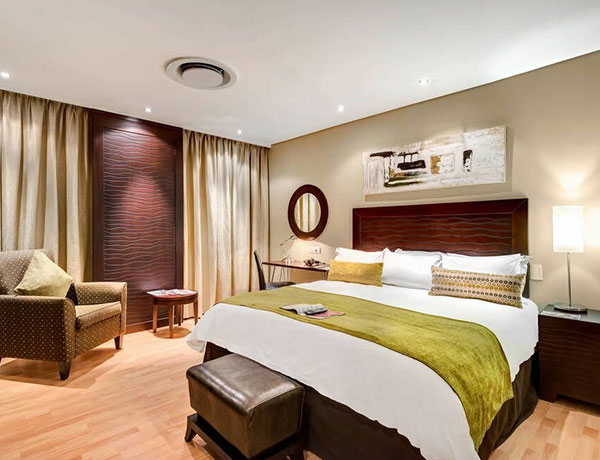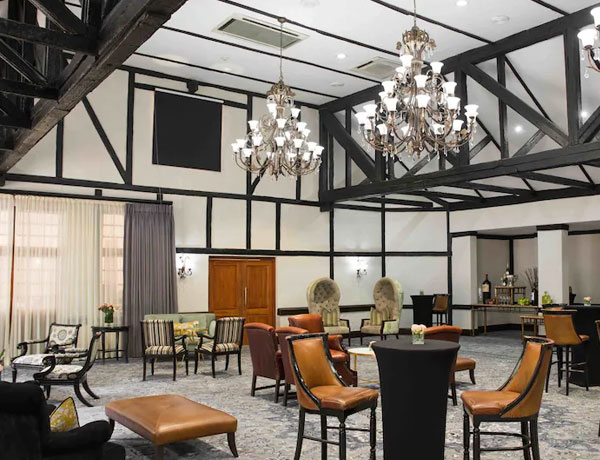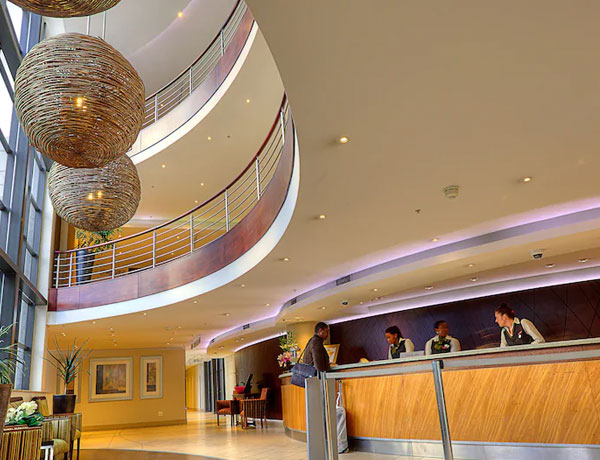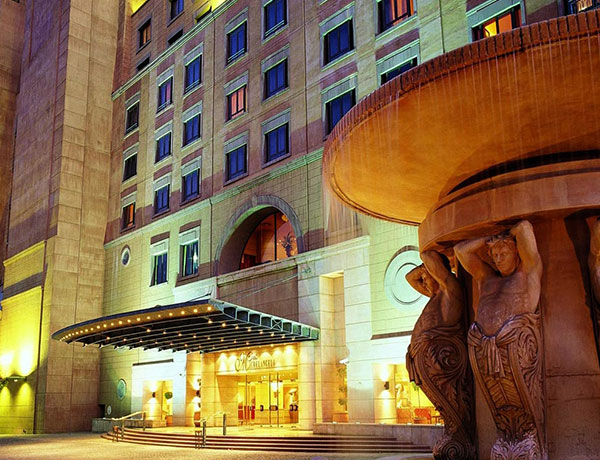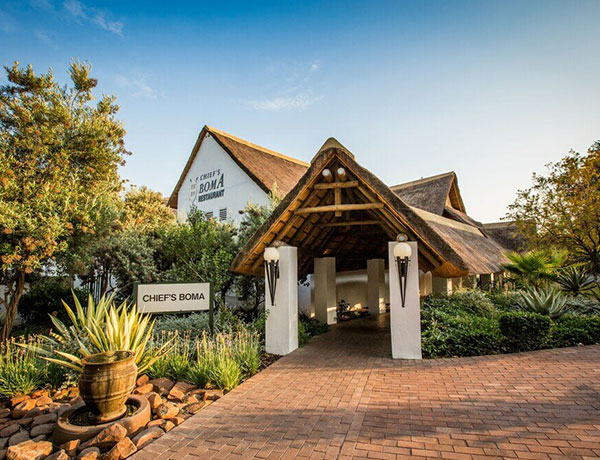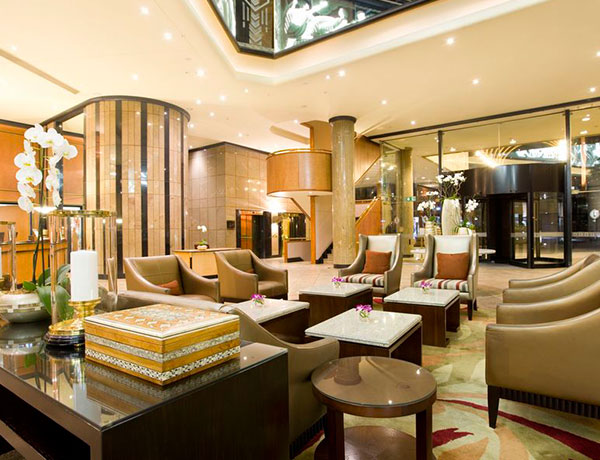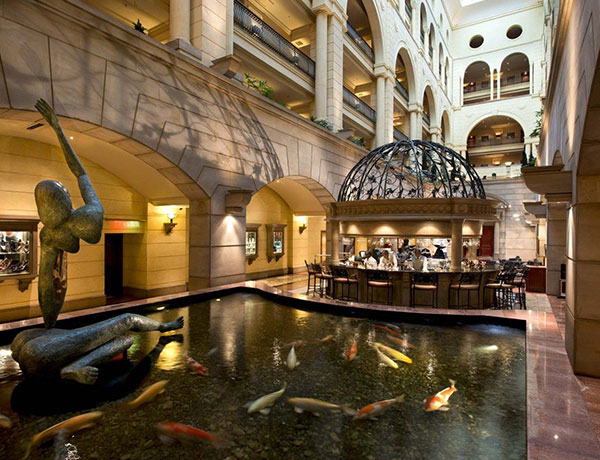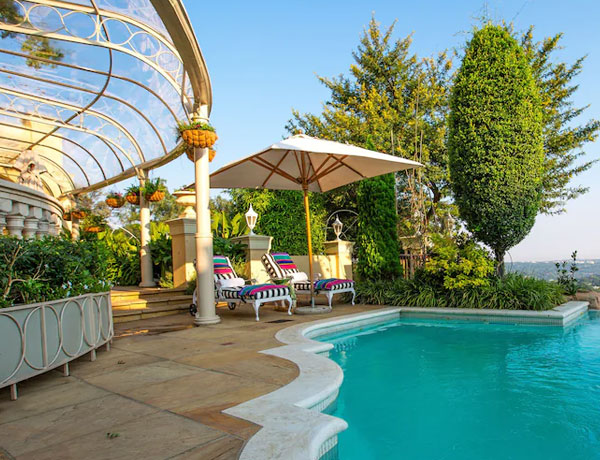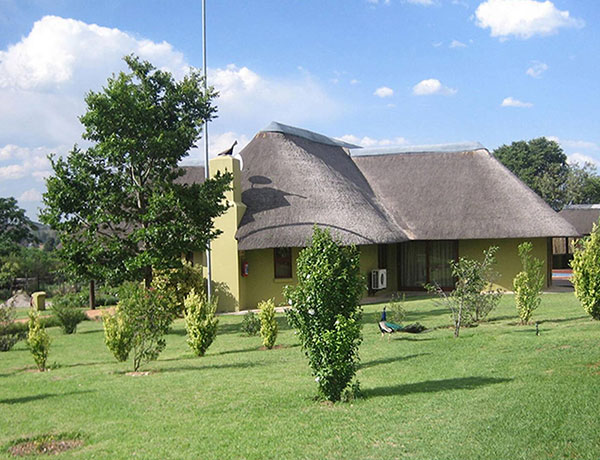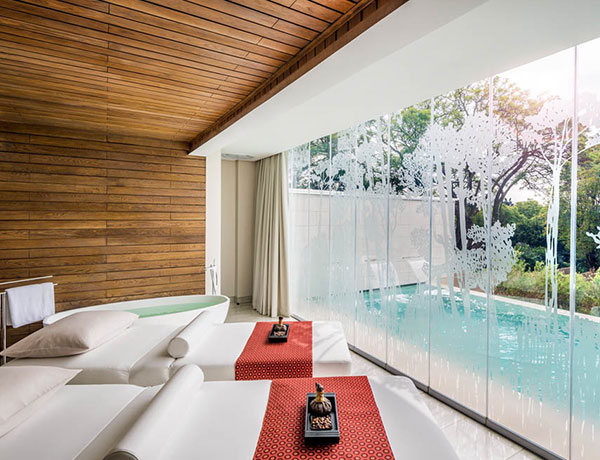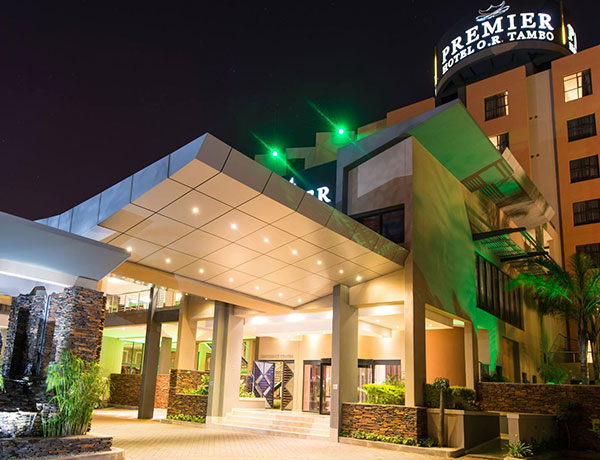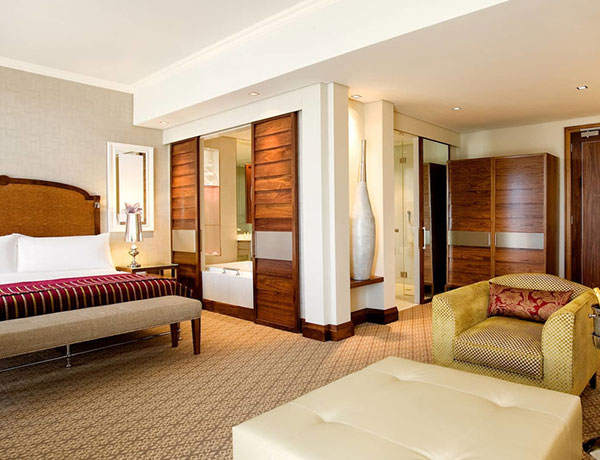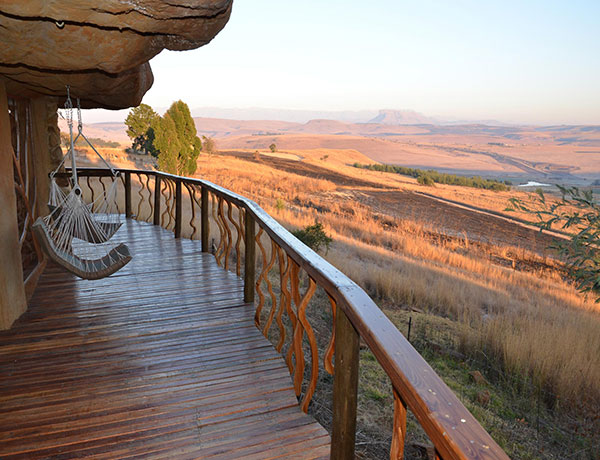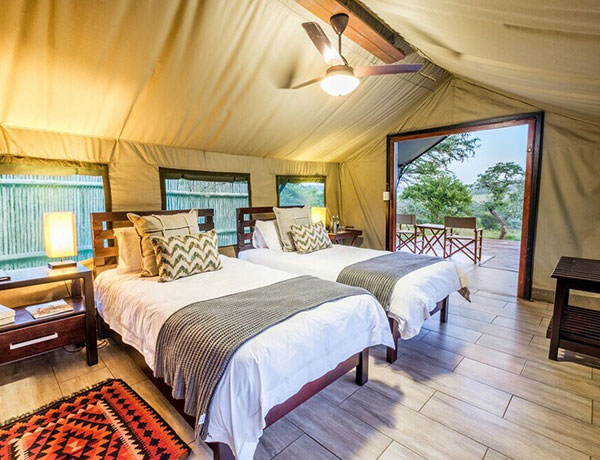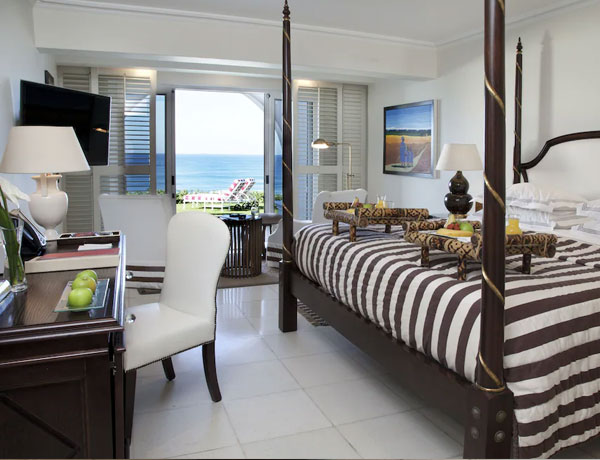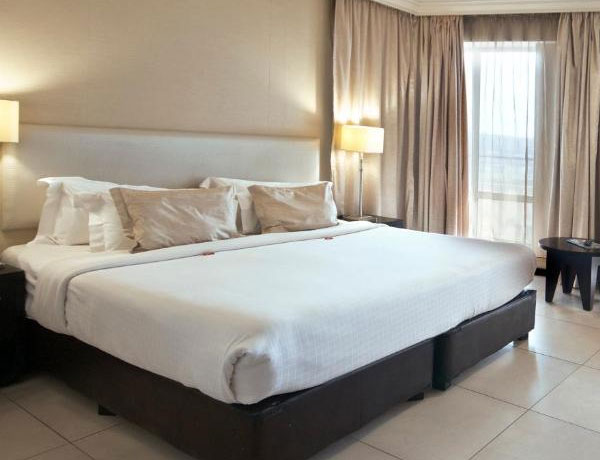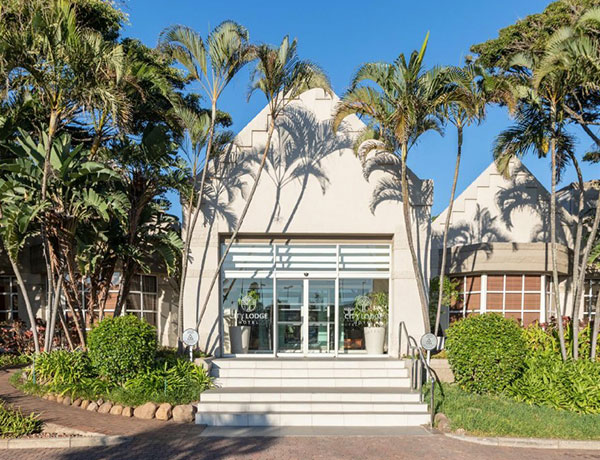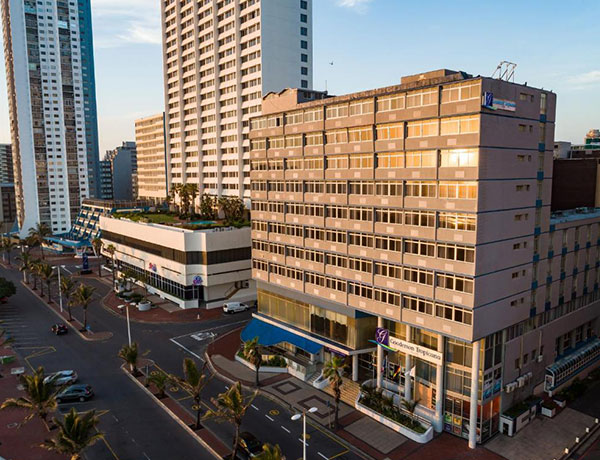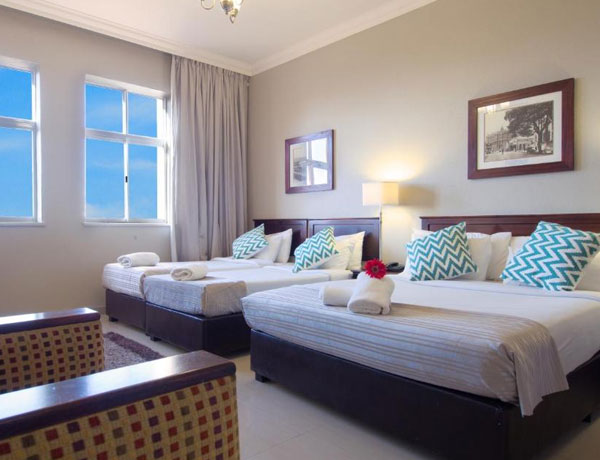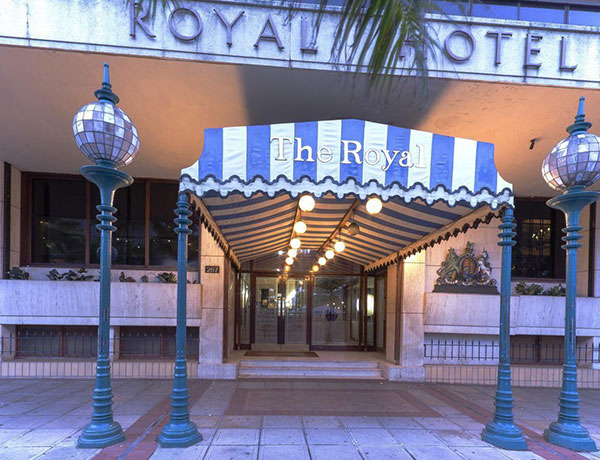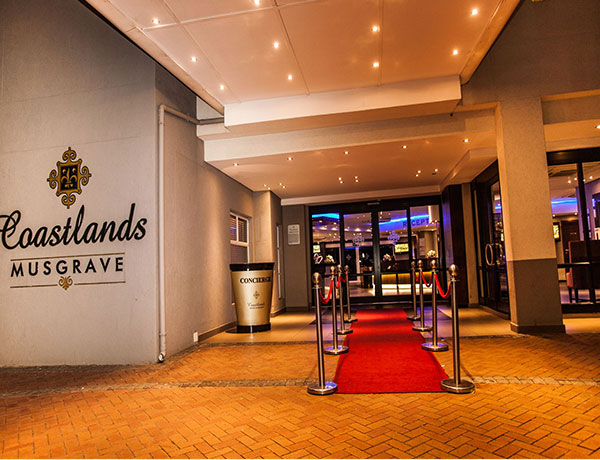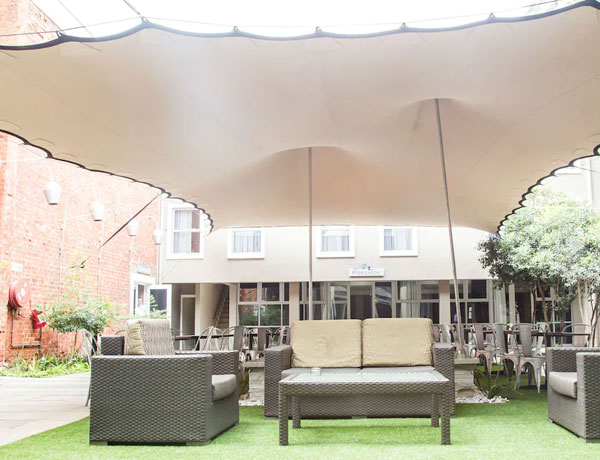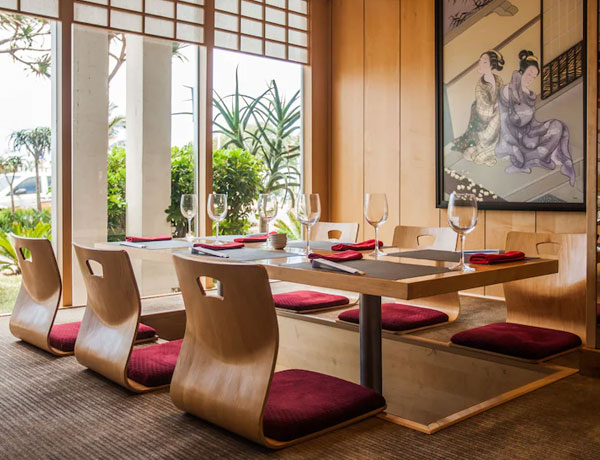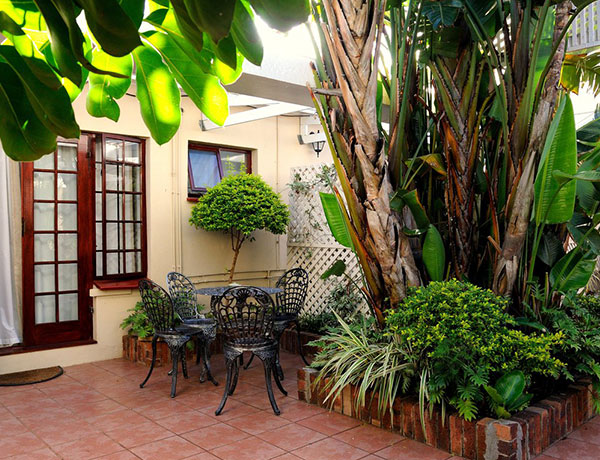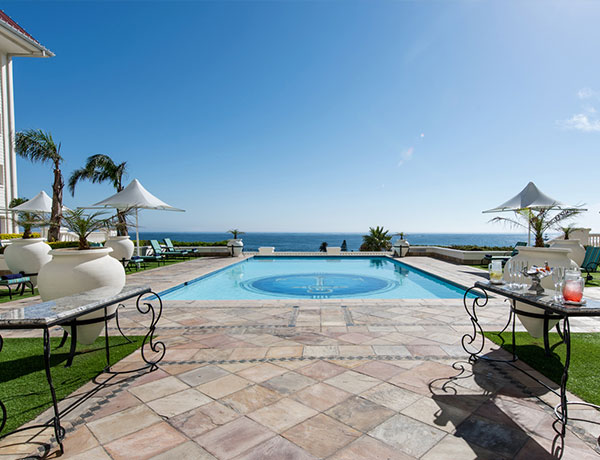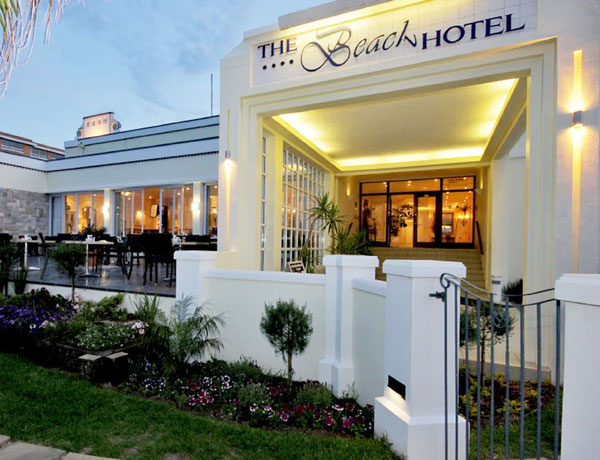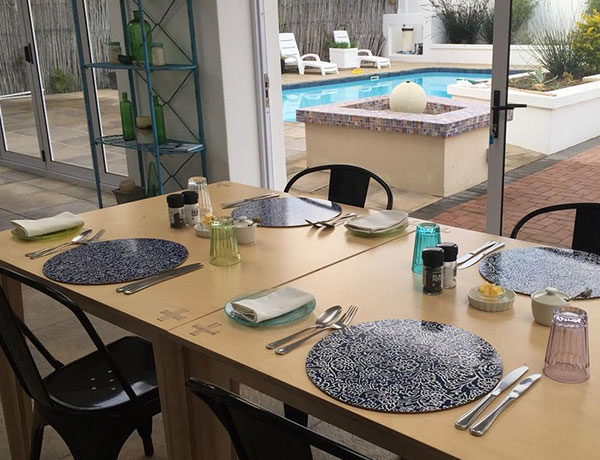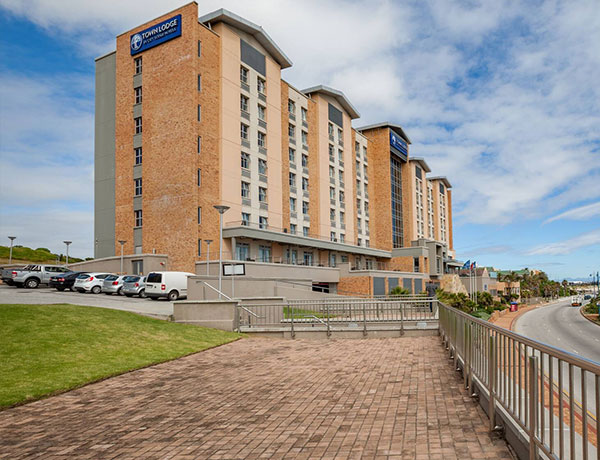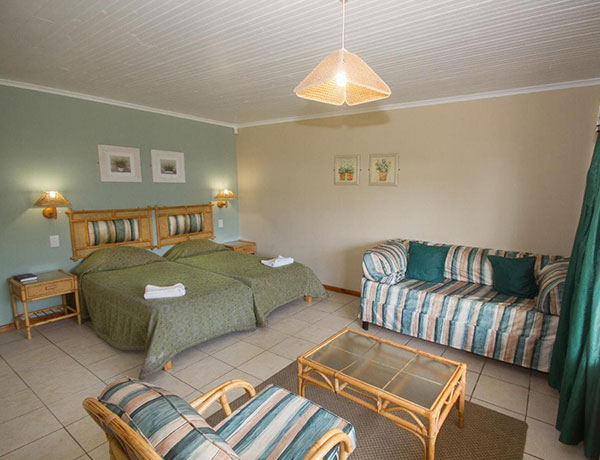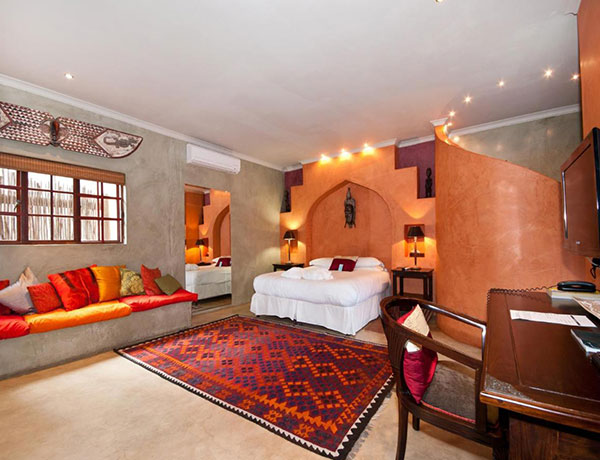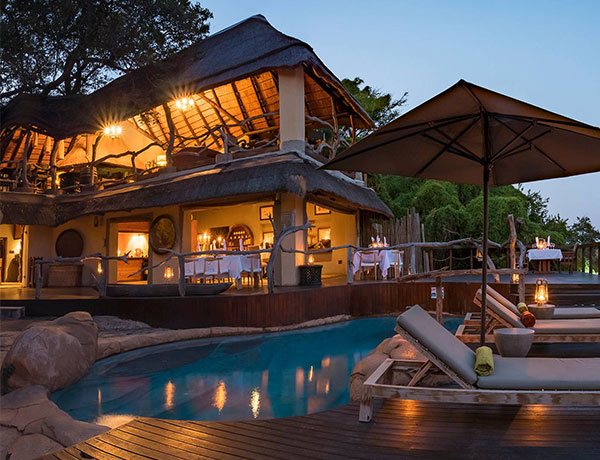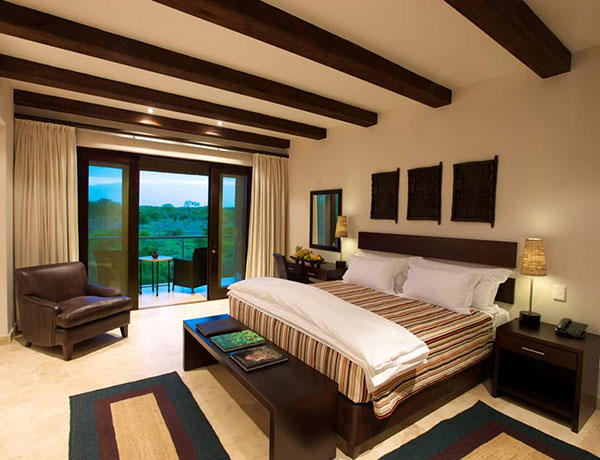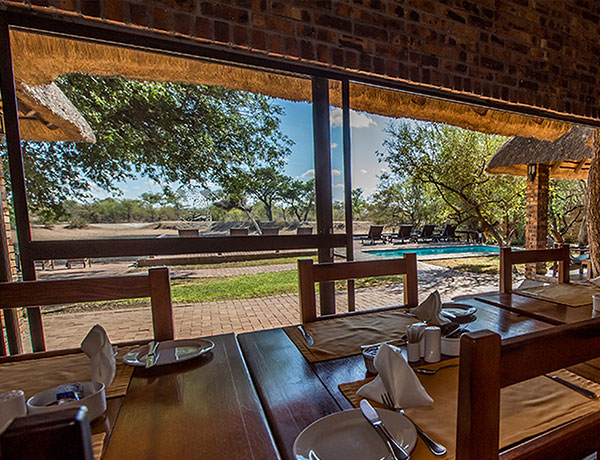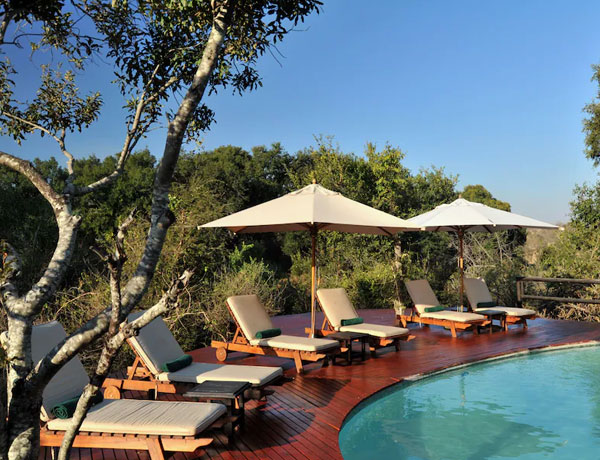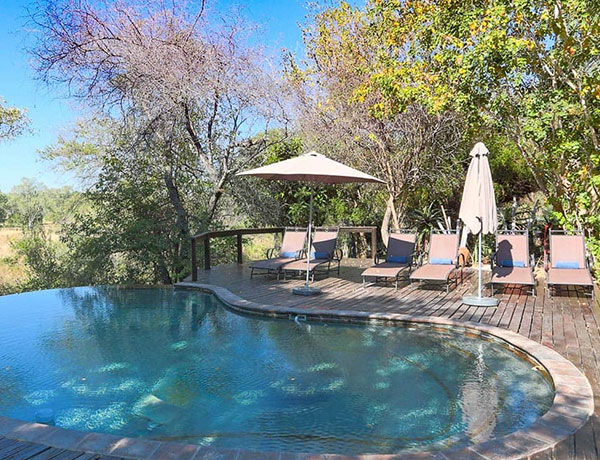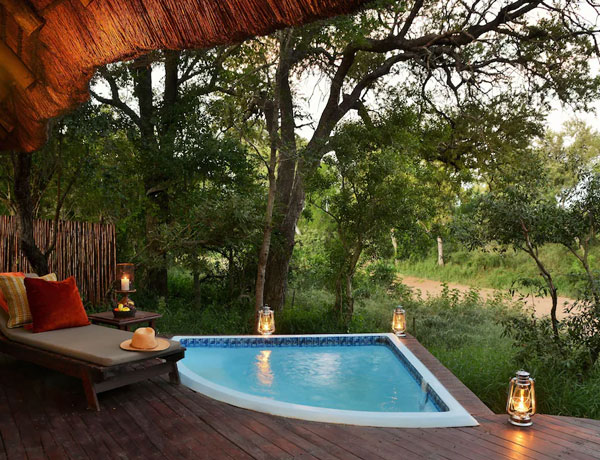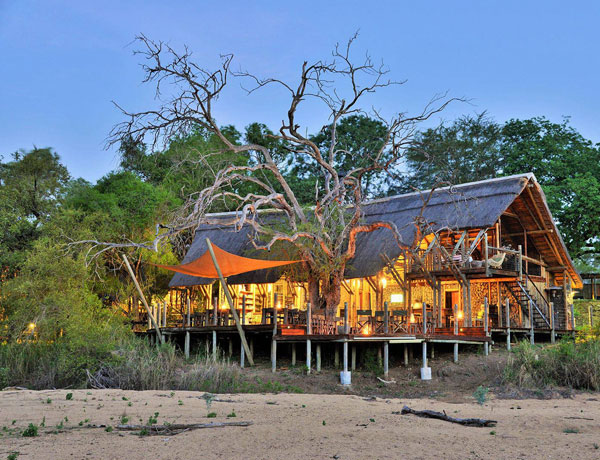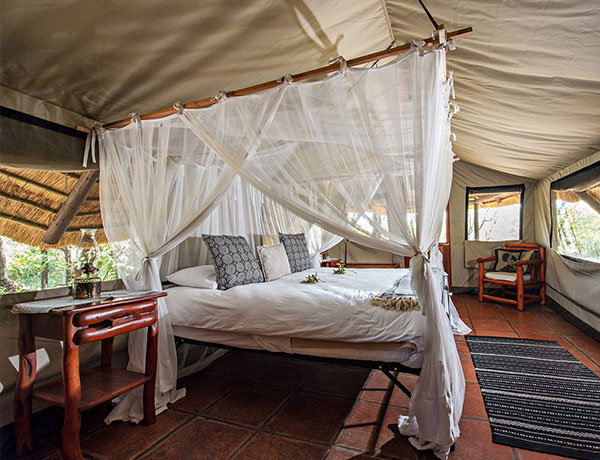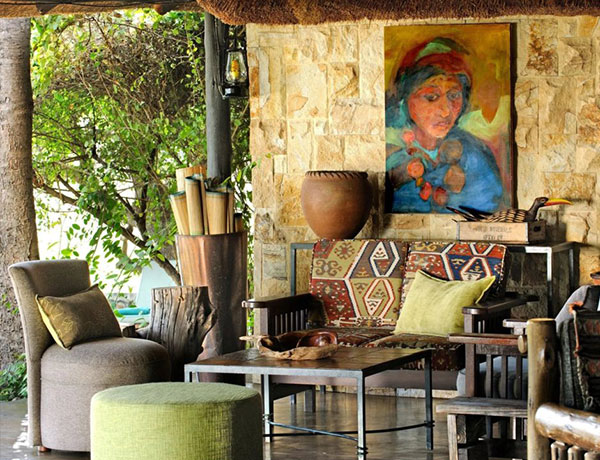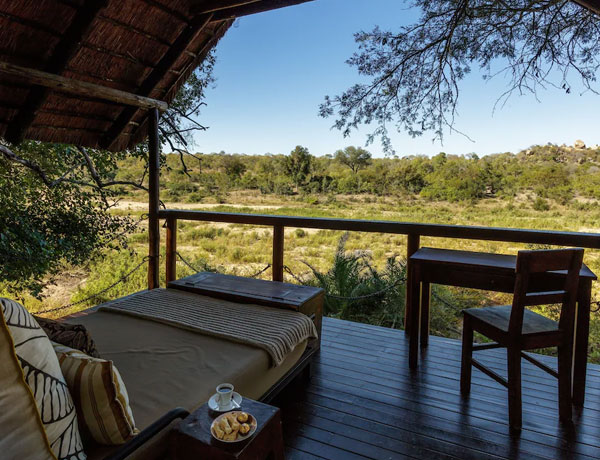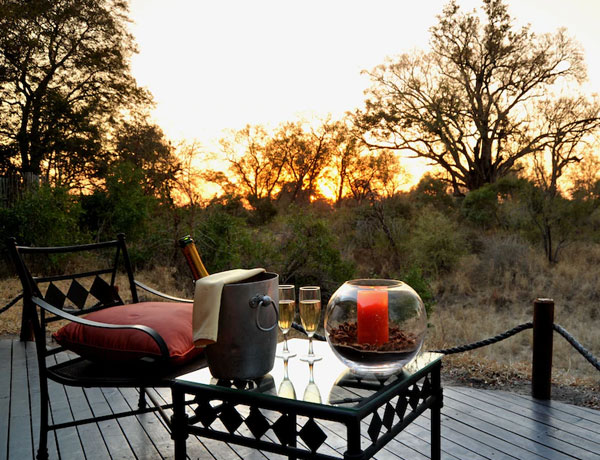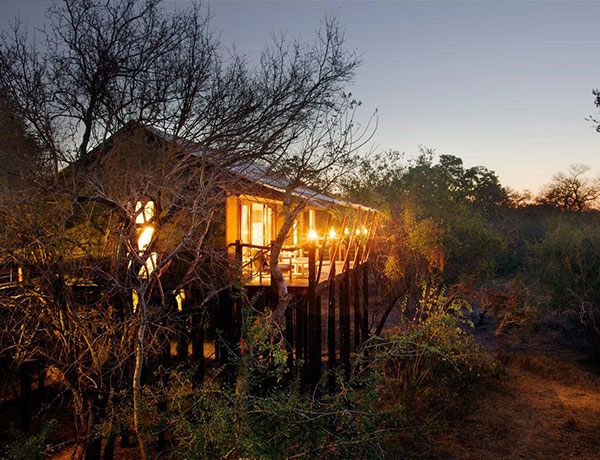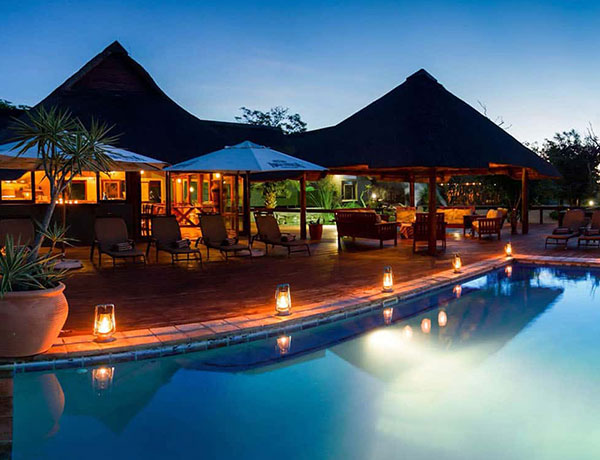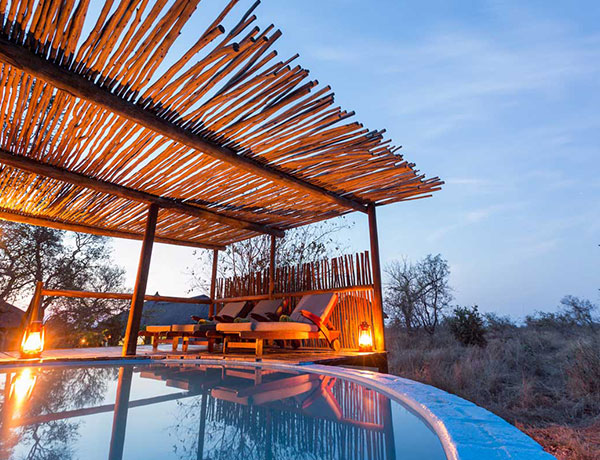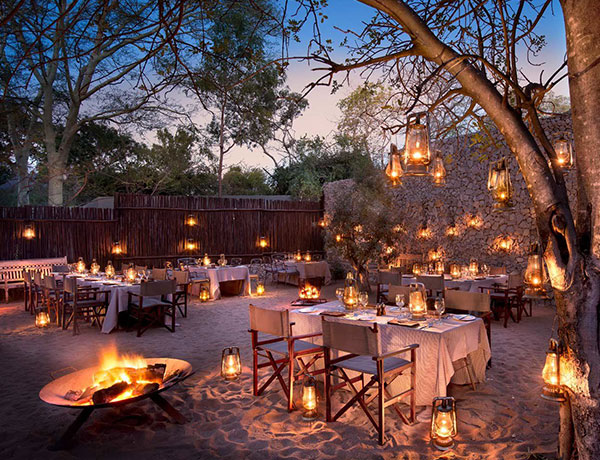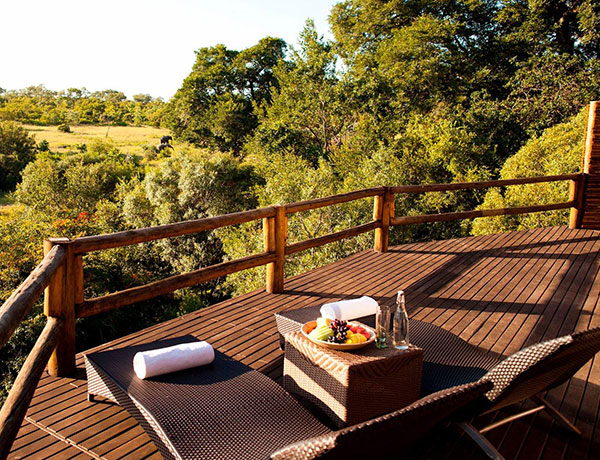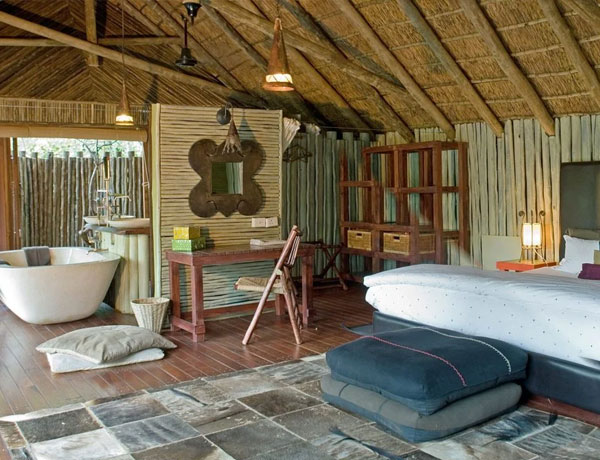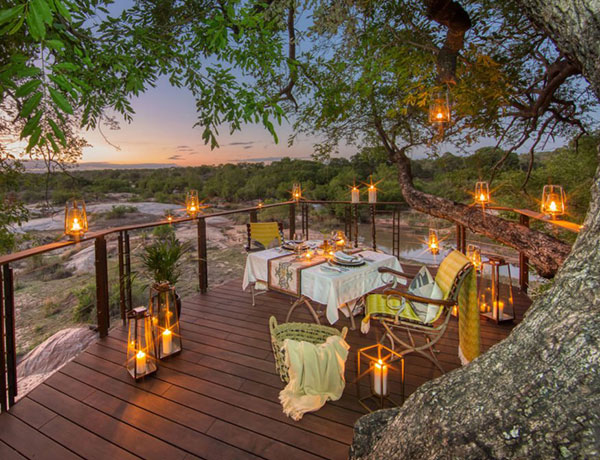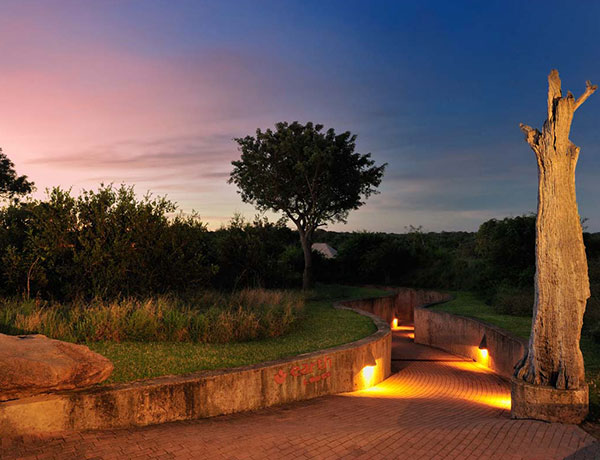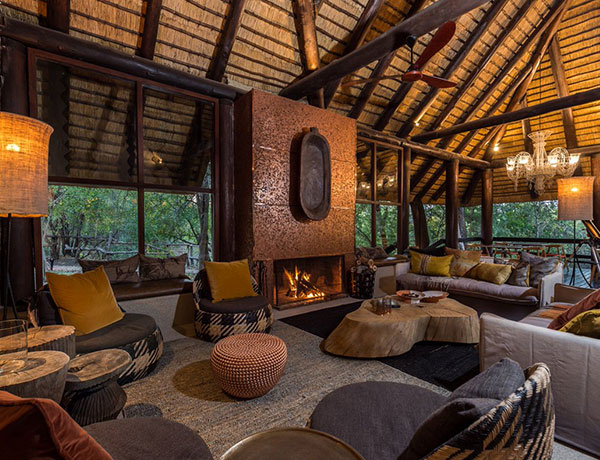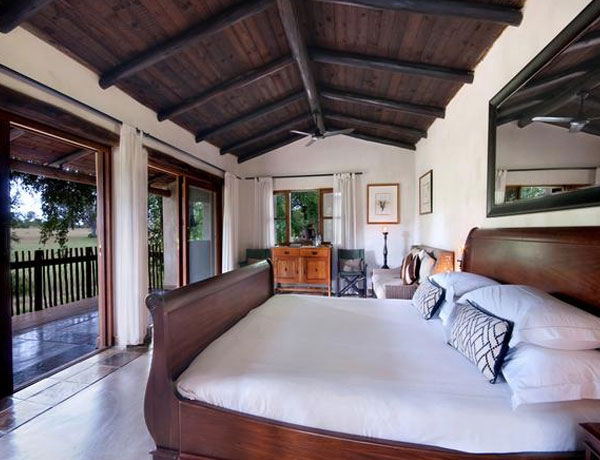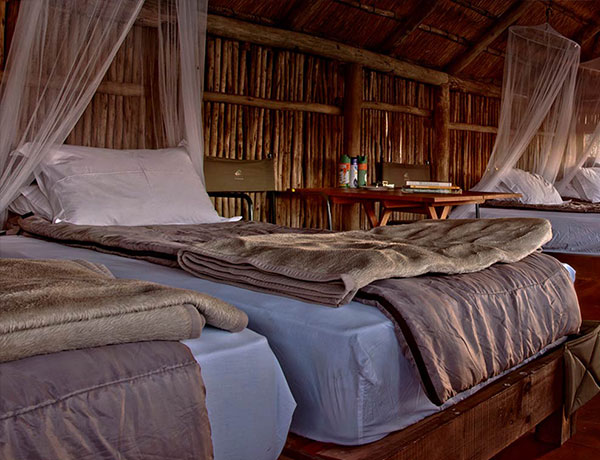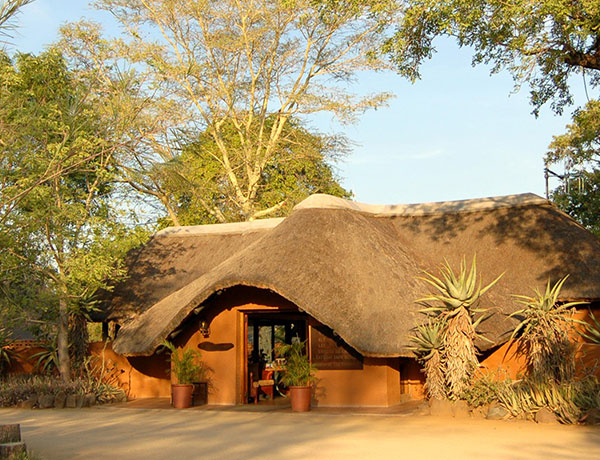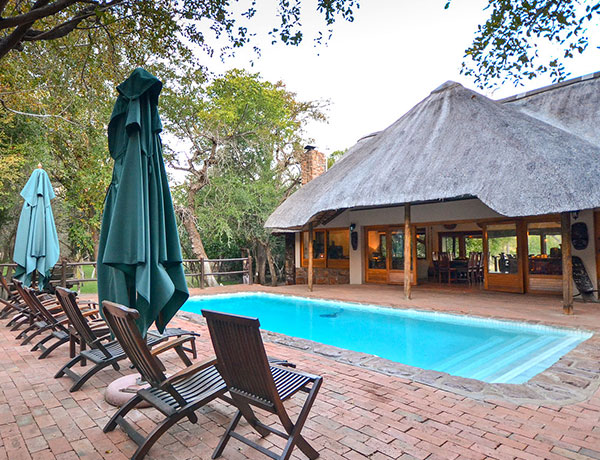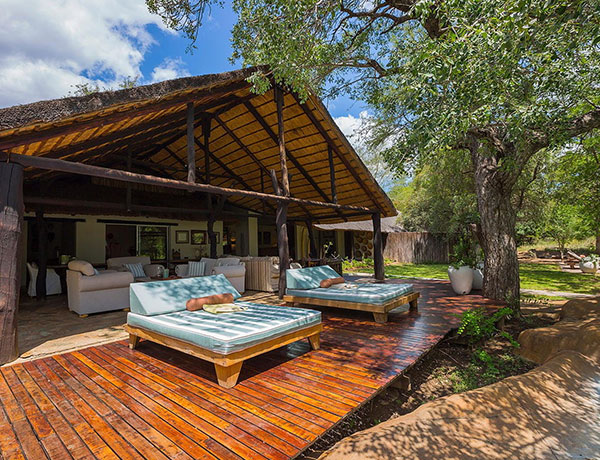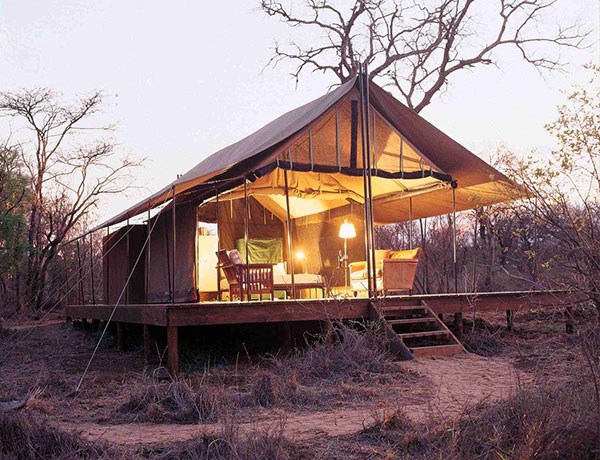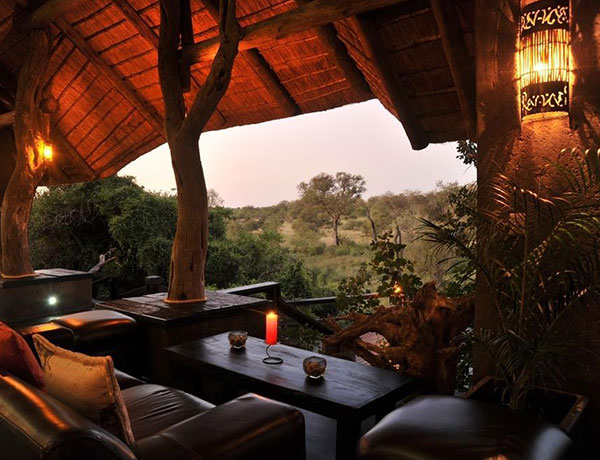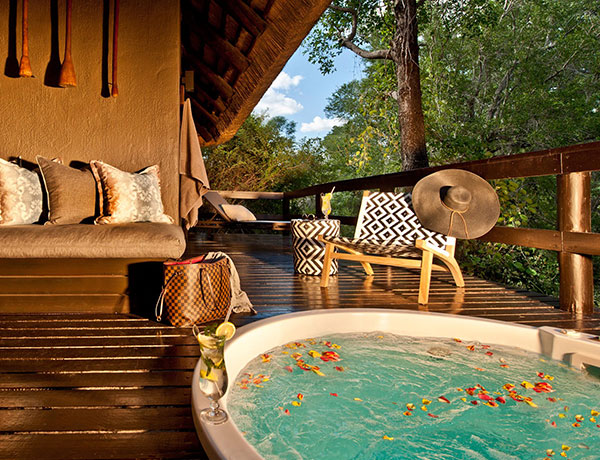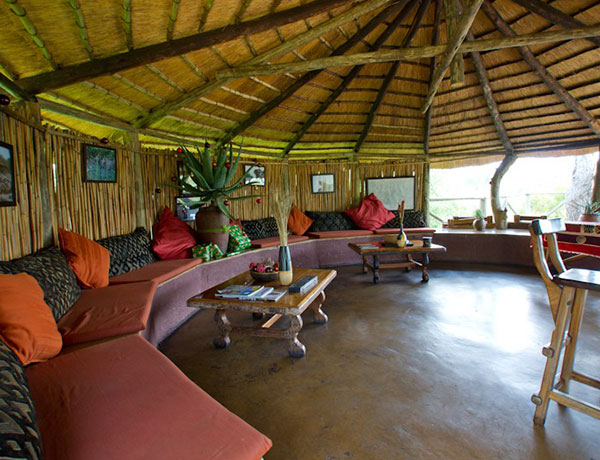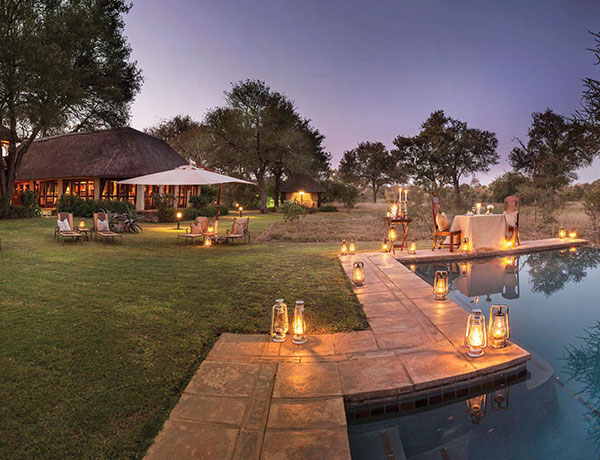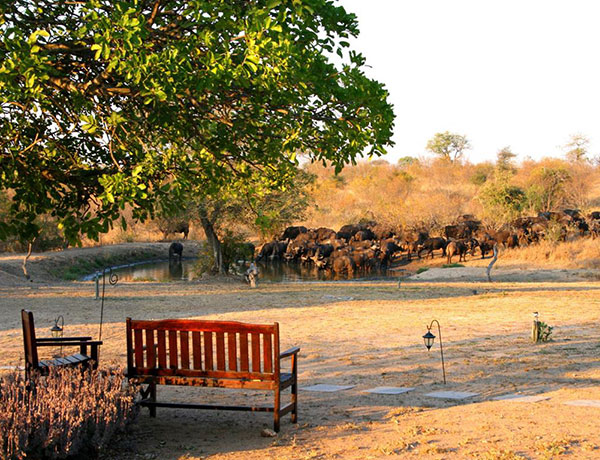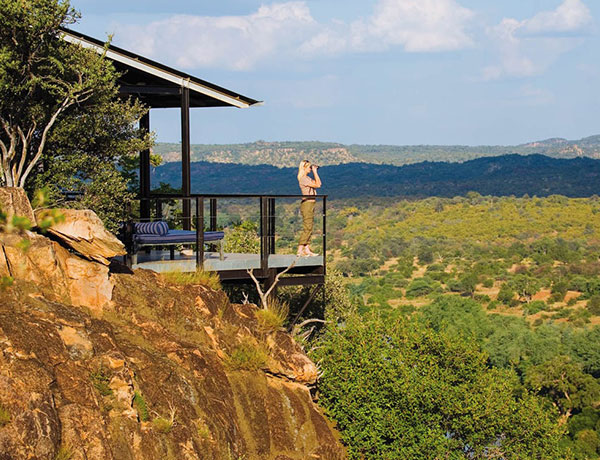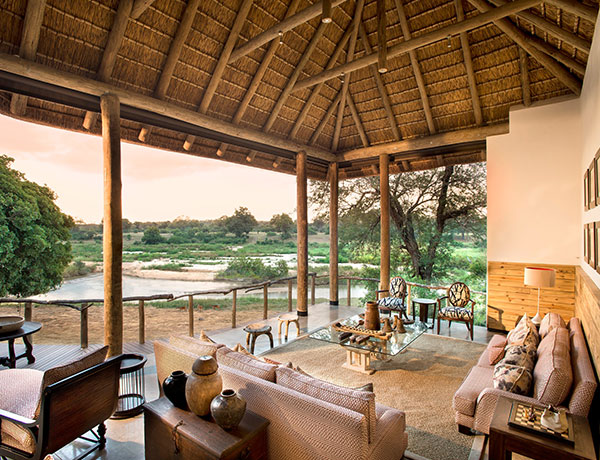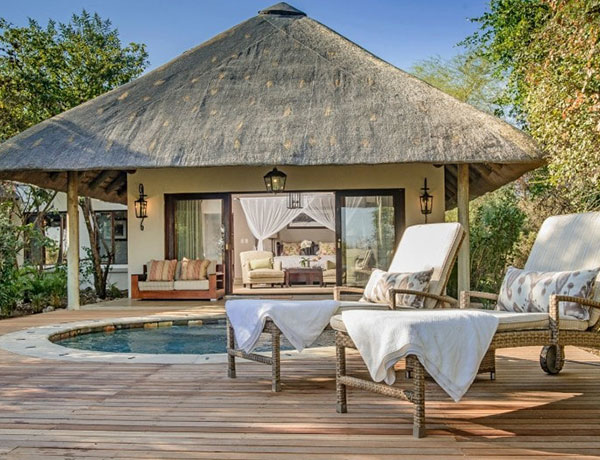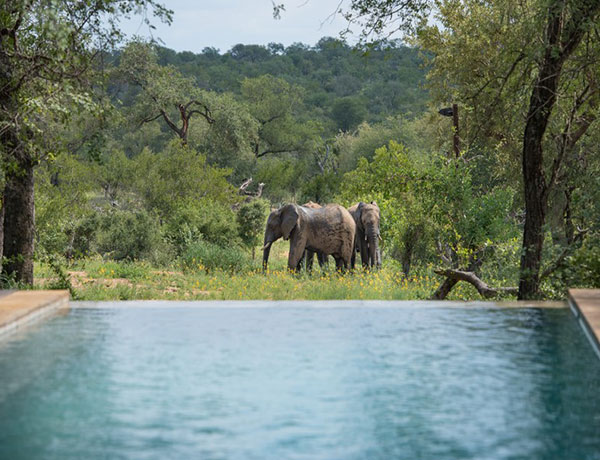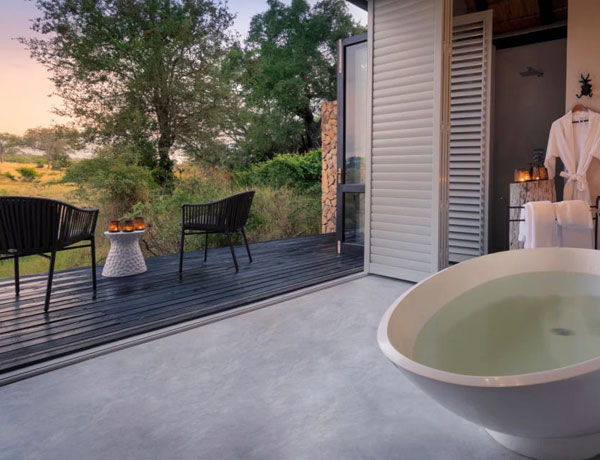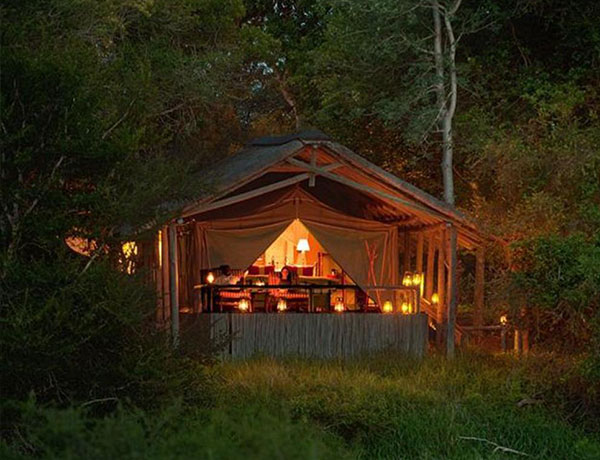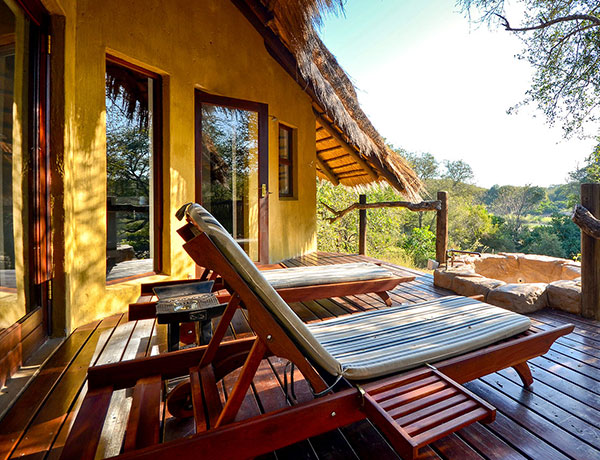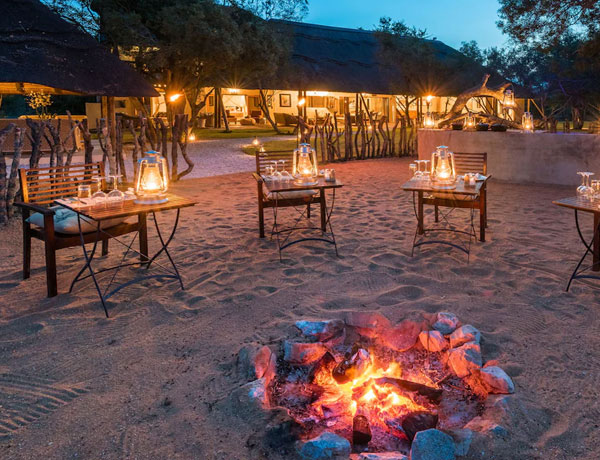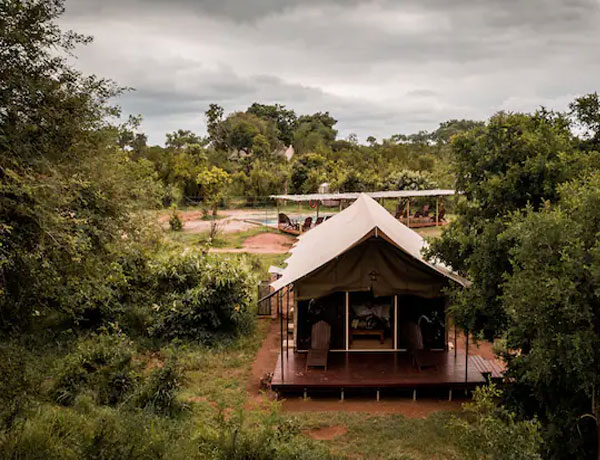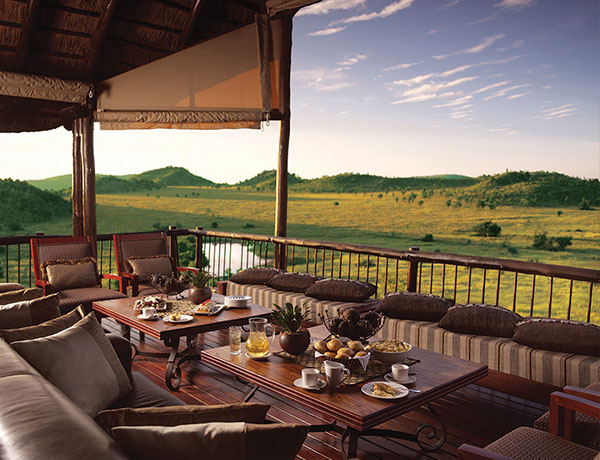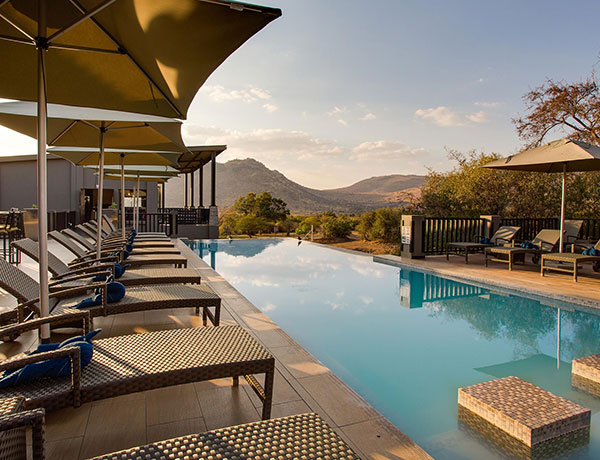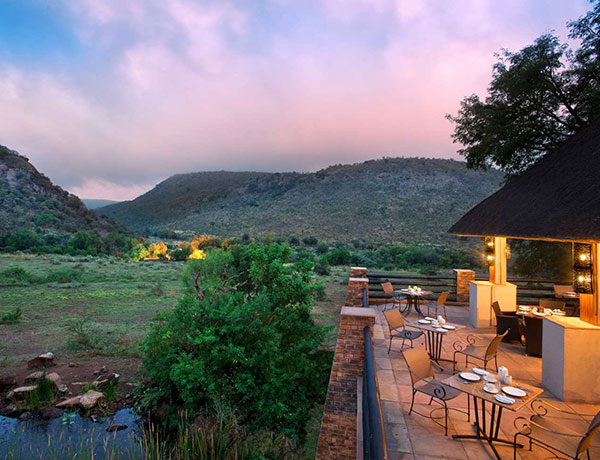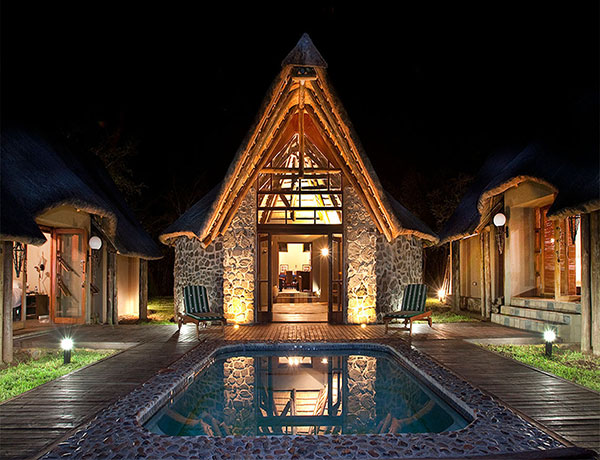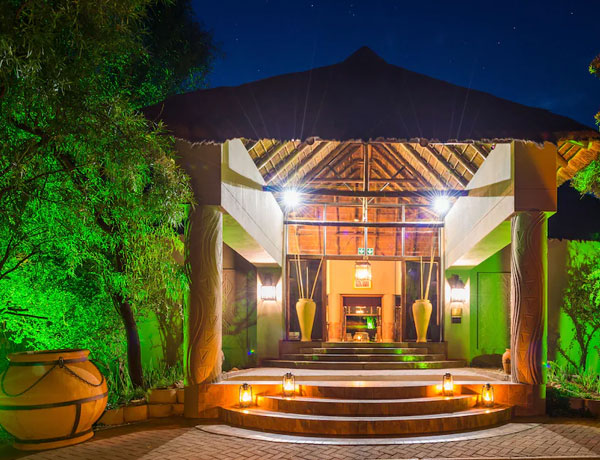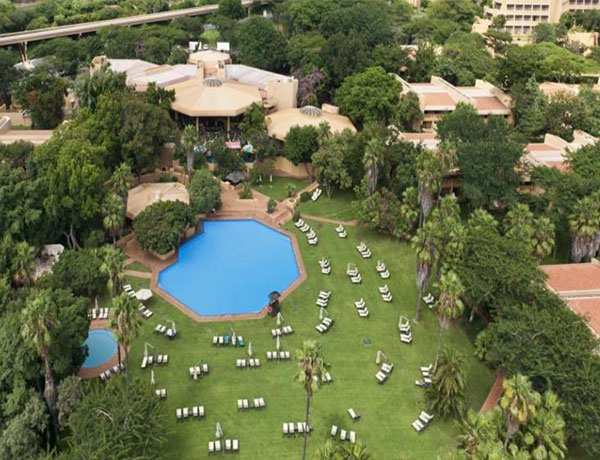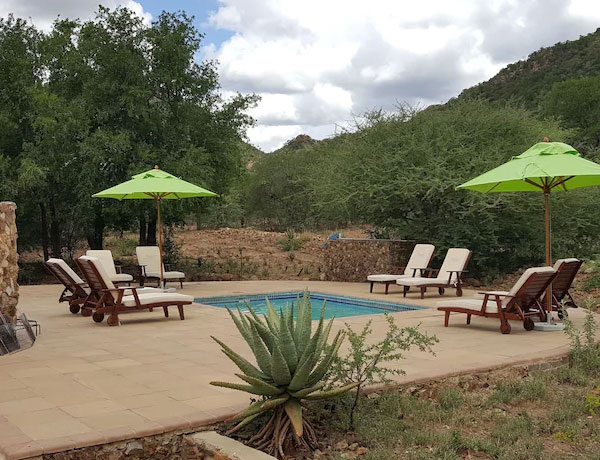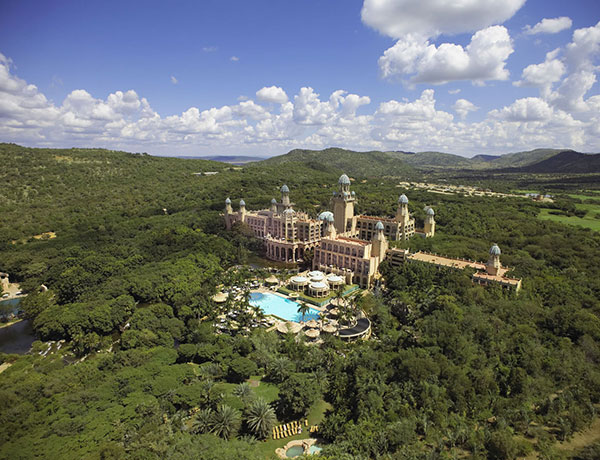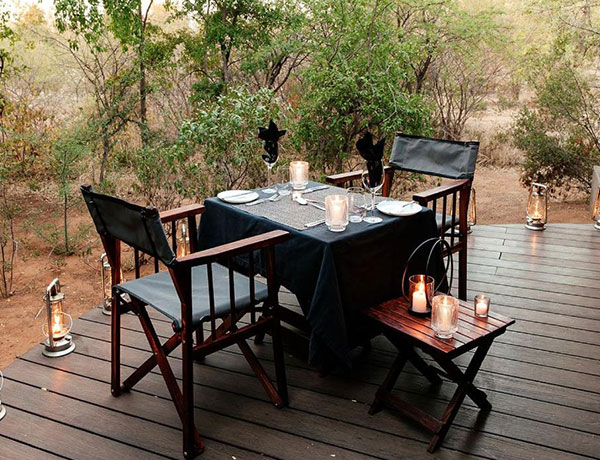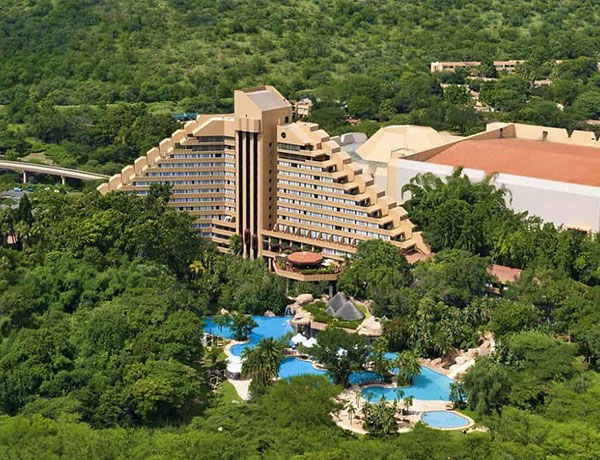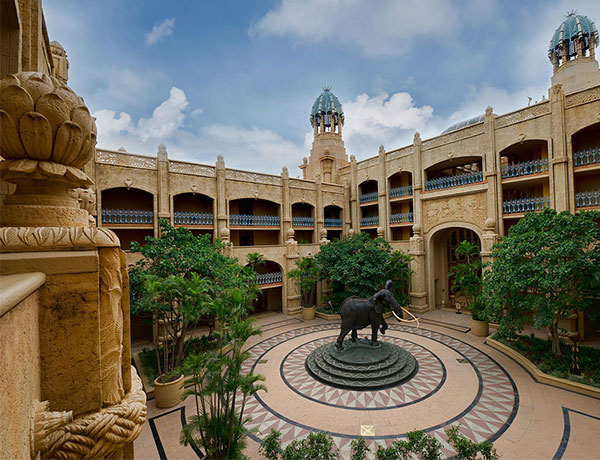Call Us
8:00am - 17:00PM
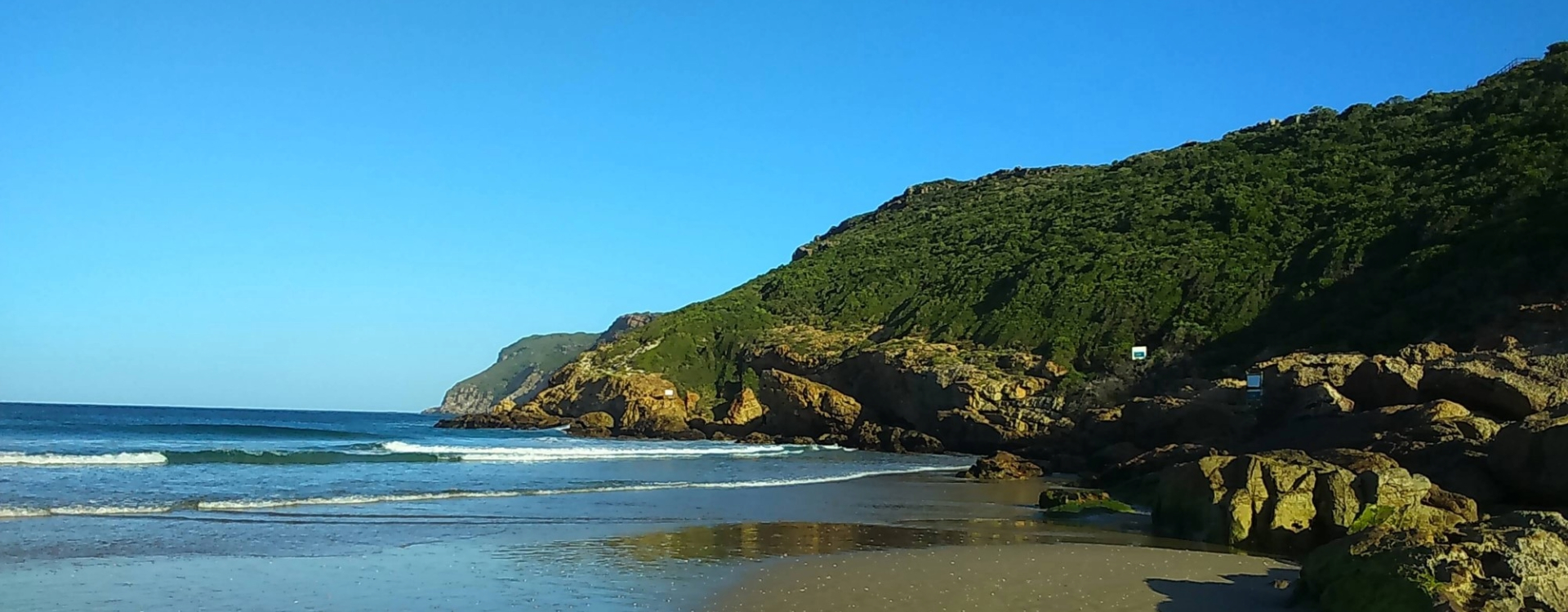
South Africa
About South Africa
Welcome to South Africa. South Africa is one of the most diverse and fascinating countries in the world. Exotic combinations of landscapes, diverse population, history and culture offer the traveller a unique and inspiring experience. There are several highly South Africa Destinations that pulls a large number of visitor crowd each year. Whether you visit the naturally beautiful city of Cape Town and the bottle-green hills of its wine valleys or head out on a Big 5 safari in the wild Kruger National Park, a South Africa Vacation will tick all the right boxes. Discover South Africa Safari to find out diverse culture to dramatic landscapes teeming with wildlife.
The ideal destination for adventurous traveller, South Africa has so many amazing experiences on offer. So South Africa Tours is a one of a kind life experience on everybody’s bucket list. To truly discover the South Africa Tourist Attractions, we’ll create a tailor-made South Africa Holidays. It helps to give you the options to choose between the variety of lodges and luxury tented camps, finding the perfect game viewing, South Africa Accommodations and Things To Do In South Africa for you.
Interesting Facts

South Africa Things To Do - A boundless array of unique and fun activities await you

South Africa Tourism - South Africa Tourism plays a pivotal role in the country’s

South Africa Wildlife – Few other places on our planet offer experiences like

South Africa Safari Packages - South Africa Safari Packages provide

South Africa Safari Cost - How much does a South Africa Safari Cost?

South Africa Travel Facts - The southernmost tip of the African continent

South Africa Travel Requirements - To fully embrace South Africa’s charm and embark

South Africa Accommodations - Budget, Midrange. Luxury Camps & Lodges

Best Time To Visit South Africa - The Best Time To Visit South Africa is during its
South Africa In 60 Seconds
Virtual Trip to South Africa
Falcon Safaris is taking you on a journey to the limitless horizons, stark landscapes and fascinating South Africa Tourist Places. Get inspiration and essentials with our South Africa Travel Guide videos and visual stories for your next South Africa Safari, holiday, and vacation or simply enjoy and get tips about all the beauty in South Africa...
South Africa is yours to get in to. Curate your South Africa Travel experience and allow us to do the rest for you!
National Parks To Visit In South Africa
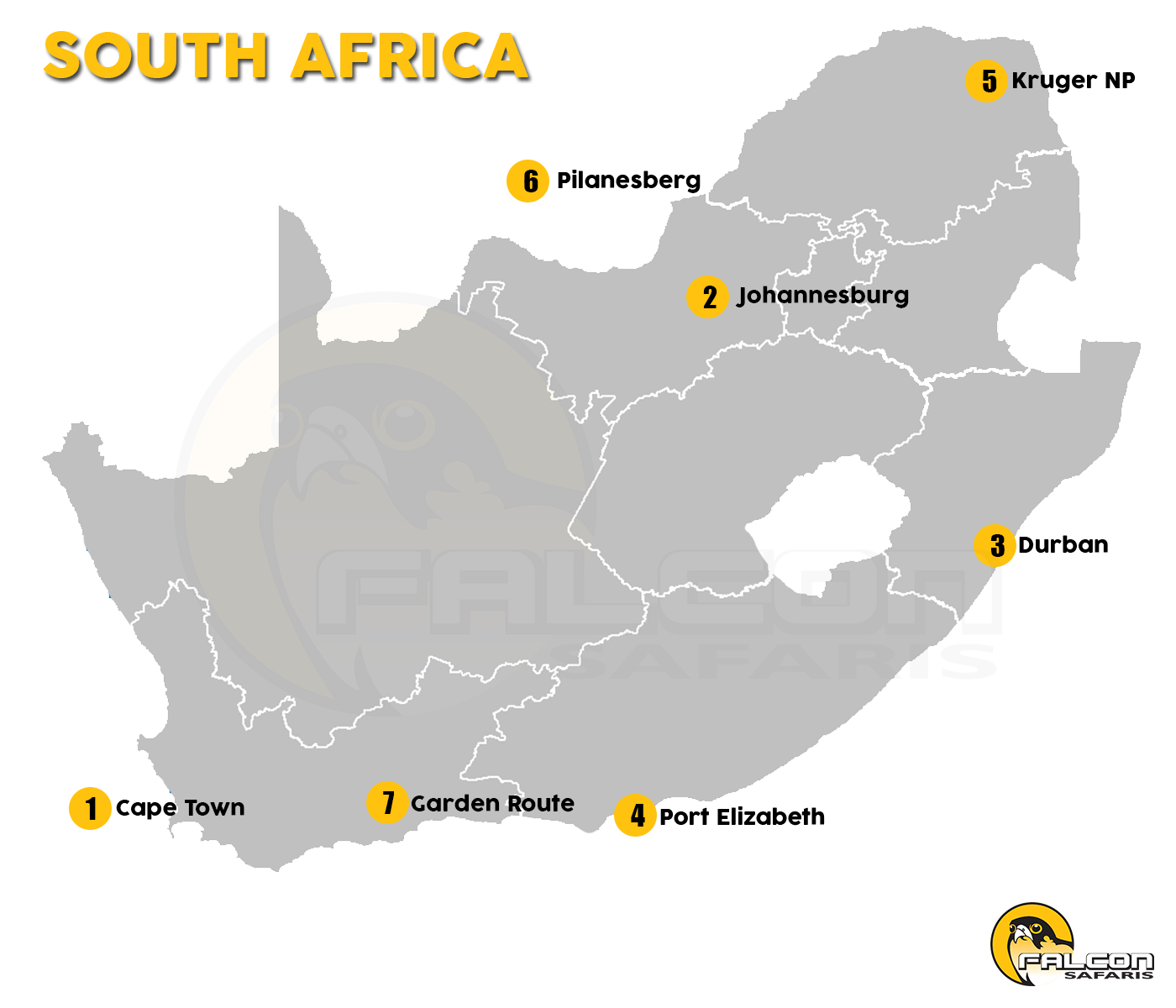
South Africa Tours & Safaris
We Think You’ll Love
Travel Guide For South Africa
We Think You’ll Love
Why Go to South Africa?
South Africa is one of the continent’s finest Big Five destinations. The likes of the Kruger National Park and Hluhluwe-Imfolozi Game Reserve have all the amenities and attractions one would come to expect from world-class wildlife destinations. While adjoining private reserves such as Sabi Sand and Phinda rank among the world’s most luxurious venues for all-inclusive guided safaris. Importantly, when it comes to families with young children, South Africa Safari is unique in that several of its most alluring Big Five reserves – for instance Madikwe, Pilanesberg and Addo Elephant National Park – lie within regions that are 100% free of malaria.
All in all, South Africa is a country like no other. South Africa is remarkable when it comes to the ‘smaller stuff’. Indeed, some ecologists regard it to be the world’s third most important country in terms of overall biodiversity, thanks to its unusually high level of endemism. The tiny Cape Floral Kingdom, centred on Cape Town, contains something like 5% of the world’s plant species, two-thirds of which occur nowhere else on the planet.
South Africa today displays a unique cultural blend of African, European and Asian influences. There’s the brash economic powerhouse of Johannesburg and its altogether statelier coastal counterpart Cape Town, as well as the curry houses of Indian-influenced Durban, and the French viniculture tradition and Dutch-derived architecture that characterises the wine lands around Stellenbosch. Elsewhere, traditional Zulu and Ndebele cultural villages pay homage to the country’s indigenous cultural diversity, as does the incomparable wealth of prehistoric rock art found in the uKhahlamba-Drakensberg.
Best Time To Visit South Africa
The Best Time To Visit South Africa is from May to September, as the cooler winter months in the northern regions bring superb conditions for viewing big game. It can be rainy from November to February, but this is the best time to travel for birding, and temperatures remain warm at 22°C to 33°C.
The Best Time To Visit South Africa is between May and October which bring perfect weather conditions for wildlife viewing. From November to February, expect some rain and plenty of opportunities for birding. The best time to visit South Africa for surfing is March to September.
Peak Season - South Africa welcomes most of its visitors during the summer months, from November to March, given its location in the southern hemisphere. This is the season when beaches are most packed, and the cities are most alive.
Shoulder Season - Spring and autumn are the two shoulder seasons for tourism in South Africa, during which plenty of tourists still flock its shores and parks. In fact, many prefer these months between March to May and September to November.
Low Season - Winters are generally considered the low tourist season, between May to September, although it is the ideal weather for certain regions, and so remains an active season for tourists to visit.
Get the Best Time To Travel To South Africa for climate charts on the best wildlife-viewing times.
Flights & Getting To & Around South Africa
From the moment you reach at South Africa Airport, our Travel guides will be there to greet you. Also we ensure the smooth transfers from airport to camp, camp to camp, and back to your departure point, mainly the Airport.
Served by numerous international carriers and home to sophisticated world-class airports, flying into South Africa is as easy as flying to anywhere else in the world. South Africa is however an enormous continent with various international and national airports acting as gateways to its remote islands and iconic safari destinations - you'll need to know which gateway airport & South Africa Flights best serves the destinations you have in mind.
International travellers to South Africa will almost surely arrive into O.R. Tambo International Airport in Johannesburg — it’s the busiest airport on the entire continent. South African Airways (SAA) offers a few nonstop flights between New York City and Joburg, while Delta flies nonstop from Atlanta.
Cape Town and Durban also have international airports; however, flights there are less frequent and often more expensive.
Fifteen regional airports across the country make internal flights a great choice, though prices can be high. Most in-country routes are operated by SAA or its affiliates, or by budget carriers Mango and Kulula. You can often find deals, particularly from Joburg to Cape Town, if you book well in advance.
What To Pack For South Africa Safari
If you are heading off to South Africa and have a few safaris included in your itinerary you may be wondering what to pack.
If you’re planning your first Safari In South Africa, you might be wondering what to wear and what to add to your South Africa Safari Packing List. Before you head off to the stunning bushveld to spot the incredible wildlife, read our guide on what to pack – and what not to pack – for your South Africa Safari Packages. Get the lowdown then start packing your bags for the trip of a lifetime.
If you are travelling to South Africa and a safari is part of your planned itinerary then there a couple of things to consider packing as part of your planning. Some of the items below will be helpful;
- High-SPF sunscreen and a sunhat.
- Comfortable lightweight clothes of neutral colours.
- Comfortable closed shoes.
- A light fleece or sweater for the evenings.
- Insect repellent.
- Binoculars
- Camera equipment.
- Anti-malarial medication if you’re in a malaria area (rare)
- US dollars in cash – You don’t need much but a couple of hundred will allow you to at least change if need be, and helps for tipping purposes as well.
Visa & Passport Requirements For South Africa
To apply for a South Africa Visa, visit the nearest visa application centre near you. South Africa is one of the countries that insists on the applicant visiting the visa application centre in person and apply for the visa. A passport or travel document valid for no less than 30 days after the expiry of your intended visit.
All Travellers must present a passport upon arrival at their port of entry. This must be valid until at least 30 days after the end of their intended stay, and must have at least one blank page to accommodate entry and exit stamps.
Technically, visitors should also have a return or onward ticket, and be able to demonstrate access to sufficient funds to cover day-to-day expenses for the duration of their stay, but these requirements are seldom enforced.
Holders of other passports must organise a visa in advance, and require at least two unused pages for endorsements. For those planning an air or road excursion from South Africa to another neighbouring country, a multiple-entry visa is required.
South Africa Food
South Africans enjoy not only beef, but mutton, goat, chicken and other meats as a centrepiece of a meal. On weekends, many South African families have a braai, and the meal usually consists of pap en vleis, which is maize meal and grilled meat.
The South Africa Cuisine is often referred to as ‘Rainbow cuisine’ as it reflects the various cultural influences that have existed in the country since colonial times. The impact of Dutch, Malay, British, German, Indian and Portuguese people, as well as local indigenous tribes can be experienced in dishes from around the country. South African cities are quite cosmopolitan and modern, as such, international fare is readily available, and is, in some cases, easier to sample than indigenous South Africa Food!
The South African Cuisine have a taste of many other cuisines as they are a blend of many regional dishes. The colonization and immigration during the colonial period have bought a great difference in the cuisine, which is why finding Indian, Malaysian, French, and Mexican influences may not come as a surprise to you. But what may come as a surprise is the lip-smacking flavor of all of these top dishes that make a food walk in the country an absolute must-do.
South Africa Wildlife
South Africa Wildlife is abundant, with almost 300 mammal species. There are several animal species that are among the world’s tallest, fastest or even tiniest animals such as the majestic giraffe, the speedy cheetah or the tiny pygmy shrew.
It supports a wide range of ungulates including Burchell's zebra, impala, greater kudu, blue wildebeest, waterbuck, warthog, Cape buffalo, giraffe and hippopotamus. There are also black and white rhinoceroses, African elephant, African wild dog, cheetah, leopard, lion and spotted hyena.
Other Wildlife In South Africa associated with these reserves includes African wild dog, cheetah, spotted hyena, giraffe, zebra, warthog, baboon and vervet monkey. The country supports around two dozen species of antelope, ranging from the outsized eland and stately spiral-horned greater kudu, to the gregarious blue wildebeest and impala, to arid-country specialists such as gemsbok and springbok and the diminutive forest-dwelling red and blue duikers.
A number of large mammal species are endemic to South Africa. The black wildebeest and blesbok are associated mainly with grassy habitats in the highveld, while the Cape mountain zebra and bontebok are fynbos-dwellers more-or-less confined to the Western Cape.
Is South Africa Safe?
Is South Africa Safe? In general, South Africa is considered safe for tourists to visit. Travellers can avoid any dangerous situations by carefully planning their trip beforehand, exercising caution, and making informed decisions.
With 3.5 million tourists visiting the country each year, South Africa is widely considered one of the easiest and “safest” third-world destinations to get to and explore. This country is full of so much natural beauty and so many amazing people that you want to tell the whole world to come here immediately to see it for themselves.
- Before you leave home, make sure you have a scan or other electronic version of all important travel documents, in case they are lost or stolen. Carry copies of these scans on all suitable devices, as well as emailing them to yourself.
- Make sure your luggage can easily be padlocked; this won’t prevent a determined thief from slashing it open, but it is a strong deterrent to casual light fingers.
- Never leave cash, mobile phones, electronic devices and other valuables lying around openly in your hotel room, and where possible show your passport and other important documents, as well as spare cash and cards, in a hotel safe.
- Avoid displaying expensive jewellery, cameras, laptops or large amounts of cash in urban areas.
- Avoid walking around towns after dark. If you do, there is safety in numbers, and it is always advisable to stick to busy and well-lit streets.
- Be very alert around ATMs, especially in quiet areas and after dark.
- Self-drivers should always keep their car doors lock and windows closed in urban areas. When leaving the car parked in transit, lock all valuables in the boot.
South Africa Currency
The local South Africa Currency is the South African Rand (R or ZAR.) Credit and debit cards are accepted in many establishments across the country. However, many shops, restaurants, and most markets still take payments in cash only, and in that case, ZAR is the only option.
Those who visit Africa for the first time will be surprised to learn that many national parks in the continent only accept entry fees paid in US dollars and that is true for South Africa too. The same goes for some popular activities like organized tours and safaris. For this reason, international travelers should keep both rands and American dollars at hand.
The South African rand (ZAR) trades at very favourable rates to most international currencies. There’s no need to bring large amounts of hard currency cash or to buy Rands in advance. Major international credit/debit cards (for instance Visa, Master and to a lesser extent American Express) can be used to draw local currency at 24-hour ATMs throughout the country (the one exception being in most national parks and game reserves) and to pay directly for almost all services and goods. That said, it’s a good idea to carry a bit of hard currency cash as a fallback, say the equivalent of around US$200-400; this can be exchanged into Rands at any bank or Bureau de Change.
South Africa Culture
South Africa has been famously referred to as the rainbow nation because it is made up of so many diverse cultures and religions. Contained within South Africa's borders are Zulu, Xhosa, Pedi, Tswana, Ndebele, Khoisan, Hindu, Muslim, and Afrikaner people to name but a few.
In South Africa, there is no single heritage or culture and it is very difficult to define the “South African People” based on a set of distinct characteristics or identities. The South Africa Culture, languages and ethnic origins of South African people are exceptionally diverse and dynamic.
- South Africa has four main ethnic groups that comprises the entire population.
- There are 11 official languages that are spoken, with English being the most widely used.
- South Africa is affectionately known as the rainbow nation because of its diversity in its people, climates, geography and wide array of experiences.
- It covers 121 million square kilometers, making it roughly twice the size of France.
- South Africans are very warm and accommodating.
- The culture isn’t homogenous; rather it’s a collection of different cultures with different ones being predominant in different regions.
South Africa Travel Insurance
Full South Africa Travel Insurance, inclusive of air evacuation from remote areas, is highly recommended. Be aware that some insurance policies may not cover activities deemed to me hazardous, for instance paragliding or scuba diving.
When travelling to South Africa we always recommend that you speak to a local travel consultant to ensure that you have all of the right documentation and cover. These policies and procedures may change and therefore your local operator cannot be held responsible in cases of medical emergency.
If you're going to South Africa you need worldwide travel insurance to cover your trip, but most importantly, your medical expenses. If you plan to make more than one trip abroad over the next year, annual travel insurance cover could be the most cost-effective option.
South Africa Travel Cost
South Africa Travel Cost is around R1,320 ($84) per day, which is the average daily price based on the expenses of other visitors. Past travellers have spent, on average, R305 ($19) on meals for one day and R230 ($15) on local transportation. Also, the average hotel price in South Africa for a couple is R1,399 ($89). So, a trip to South Africa for two people for one week costs on average R18,479 ($1,172). All of these average travel prices have been collected from other travellers to help you plan your own travel budget.
A Vacation To South Africa for one week usually costs around R9,240 for one person. So, a trip to South Africa for two people costs around R18,479 for one week. A trip for two weeks for two people costs R36,958 in South Africa. If you're traveling as a family of three or four people, the price person often goes down because kid's tickets are cheaper and hotel rooms can be shared. If you travel slower over a longer period of time then your daily budget will also go down. Two people traveling together for one month in South Africa can often have a lower daily budget per person than one person traveling alone for one week.
best month to Visit South Africa
We Think You’ll Love
Peak
Low
Mixed
South Africa Safari in January
Johannesburg and the Highveld is hot by day, warm at night and receives regular rainfall often in the form of afternoon thunderstorms. Cape Town and the Western Cape is hot and dry, cooling down at night. The Kruger Park and surrounds is very hot by day, warm at night and receives occasional rainfall.
January is an ideal time for beach holidays anywhere along the South African coast, though Durban and the KwaZulu-Natal coast to its north can be swelteringly hot.
Game viewing in the Kruger Park and other reserves can be relatively challenging as animals are dispersed away from water sources and thick vegetation tends to reduce visibility. This is arguably compensated by the lush green condition of the bush, clearer skies (better for photography) and far greater variety and profusion of birds as resident species come into breeding plumage and are supplemented by a variety of intra-African and Palaearctic migrants.
January falls into the nesting season for loggerhead and leatherback turtles along the beaches of iSimangaliso, and turtle-tracking tours can be undertaken in the evening.
Accommodation tends to be very full during the school holidays, which run to mid-January, but much quieter towards the end of the month.
South Africa Safari in February
Johannesburg and the highveld is hot by day, warm at night and receives regular rainfall often in the form of afternoon thunderstorms.
Cape Town and the Western Cape is hot and dry, cooling down at night.
The Kruger Park and surrounds is very hot by day, warm at night and receives occasional rainfall.
February is an ideal time for beach holidays anywhere along the South African coast if a quieter holiday is more enticing. Though Durban and the KwaZulu-Natal coast to its north can be uncomfortably hot.
Game viewing in the Kruger Park and other reserves can be relatively challenging as animals are dispersed away from water sources and thick vegetation tends to reduce visibility. This is arguably compensated by the lush green condition of the bush, clearer skies (better for photography) and far greater variety and profusion of birds as resident species come into breeding plumage and are supplement by a variety of intra-African and Palaearctic migrants.
February falls into the nesting season for loggerhead and leatherback turtles along the beaches of iSimangaliso, and turtle-tracking tours can be undertaken in the evening.
South Africa Safari in March
Johannesburg and the highveld is warm and mild by day, cool at night and receives occasional rainfall often in the late afternoon.
Cape Town and the Western Cape starts cooling down with regular windy spells, cooler evenings and crisp early mornings.
The Kruger Park and surrounds is still hot during the day, cooling down at night and receives occasional rainfall.
March is a good time for beach holidays anywhere along the South African coast, with different regions offering varied climates to attract tourists looking for a variety of experiences. Durban and the east coast is still warm and humid, although the peak tourist season has quietened down and costs are relatively low, making it a good option.
Game viewing in the Kruger Park and other reserves starts picking up as the rainfall abates and the lush summer vegetation clears to make spotting wildlife easier. This is an excellent period for birdwatching as a profusion of birds come into breeding plumage and are supplement by a variety of intra-African and Palaearctic migrants.
March lies towards the end of the nesting season for loggerhead and leatherback turtles along the beaches of iSimangaliso, and turtle-tracking tours can be undertaken in the evening.
Accommodation in the main tourist areas is usually relatively quiet in March.
South Africa Safari in April
Johannesburg and the highveld is warm by day, cool at night and might receive occasional rainfall.
Cape Town and the Western Cape is mild by day, cool at night and might start receiving occasional rainfall to mark the start of the wet winter period.
The Kruger Park and surrounds sees the seasonal shift towards autumn with noticeable drops in temperatures, occasional late summer rains and cool evenings.
April is an ideal time for beach holidays along the east coast because of its warm and tropical climate throughout the year. However, it may not be the ideal time for a beach holiday in the western or eastern cape because the weather is cooler and rains start falling around this time.
Game viewing in the Kruger Park and other reserves is can be relatively challenging as animals are dispersed away from water sources and thick vegetation tends to reduce visibility. This is arguably compensated by the lush green condition of the bush and clearer skies (better for photography). Most intra-African and Palaearctic migrant birds will have flown north by April.
Accommodation tends to be very full during the school holidays focussed on the easter break.
The easter weekend coincides with South Africa’s longest running music festival, the four-day Splashy Fen, which has been held on a farm in the Ukhahlamba-Drakensberg foothills near the town of Underberg since 1990.
South Africa Safari in May
Johannesburg and the highveld is warm by day, cold at night, and dry.
Cape Town and the Western Cape is warm by day, cool at night, and might be wet and windy with winter rainfall.
The Kruger Park and surrounds is hot by day, cool at night, and dry.
May is an ideal time for beach holidays on the Indian Ocean coastline of KwaZulu-Natal coast, which tends to be temperate to hot over the nominal winter months, and very dry. Conditions on the coast of the Eastern and Western Cape are less predictable.
Game viewing in the Kruger Park and other reserves tends to improve following the end of the rains, as animals congregate close to perennial water sources and the undergrowth clears to improve visibility.
Accommodation in tourist areas is usually quiet in May.
Taking everything into account, May is one of the best months to visit South Africa, particularly if your main interest is safaris, rather than beaches.
South Africa Safari in June
Johannesburg and the highveld is cool but sunny by day, very cold at night, and dry.
Cape Town and the Western Cape is warm by day, cool at night, and receives regular rainfall.
The Kruger Park and surrounds is hot by day, cool at night, and dry.
June is an ideal time for beach holidays on the Indian Ocean coastline of the KwaZulu-Natal coast, which tends to be temperate to hot over the nominal winter months, and very dry. Conditions on the coast of the Eastern and Western Cape are less predictable and cooler.
Game viewing in the Kruger Park and other reserves tends to be good in the dry season, as animals congregate close to perennial water sources and the undergrowth clears to improve visibility.
Hikers should be alert to the substantial risk of snow and treacherous weather on the mountain peaks in the Ukhahlamba-Drakensberg over June/July.
Accommodation in tourist areas is usually relatively quiet in June, but try to avoid the winter school holiday that usually falls over late June and early July.
South Africa Safari in July
Johannesburg and the highveld is cool and sunny by day, very cold at night and dry.
Cape Town and the Western Cape is warm by day, cool at night and receives regular rainfall.
The Kruger Park and surrounds is hot by day, cool at night and dry.
July is an ideal time for beach holidays on the Indian Ocean coastline of KwaZulu-Natal, which tends to be temperate to hot over the nominal winter months, and very dry. Conditions on the coast of the Eastern and Western Cape are less predictable.
Game viewing in the Kruger Park and other reserves tends to be good in the dry season, as animals congregate close to perennial water sources and the undergrowth clears to improve visibility.
July usually heralds the start of unrivaled whale-watching season in Hermanus and the Western Cape.
Accommodation in tourist areas picks up over this period because it coincides with the long mid-year holiday break for South African schools.
Hikers should be alert to the substantial risk of snow in the Ukhahlamba-Drakensberg over June/July. The 11-day National Arts Festival, the premier event of its type in South Africa, is held in Grahamstown over early July.
South Africa Safari in August
Johannesburg and the highveld is mild to cool by day, cold at night, and dry. Cape Town and the Western Cape is warm by day, cool at night, and receives regular rainfall.
The Kruger Park and surrounds is hot by day, cool at night, and dry.
August is an ideal time for beach holidays on the Indian Ocean coastline of KwaZulu-Natal coast, which tends to be temperate to hot over the nominal winter months, and very dry. Conditions on the coast of the Eastern and Western Cape are less predictable.
Game viewing in the Kruger Park and other reserves tends to be exceptional towards the end of the dry season, as animals congregate close to perennial water sources and the undergrowth clears to improve visibility.
August usually heralds the start of whale-viewing season in Hermanus and the Western Cape.
Accommodation in tourist areas is usually very quiet in August.
Taking everything into account, August is one of the best months to visit South Africa, particularly if your main interest is safaris rather than beaches.
South Africa Safari in September
Johannesburg and the highveld is warm by day, cold at night, and dry. Cape Town and the Western Cape is mild by day, cool at night and receives regular rainfall.
The Kruger Park and surrounds is hot by day, mild at night, and dry.
September is an ideal time for beach holidays on the Indian Ocean coastline of KwaZulu-Natal, which tends to be temperate to hot over the nominal winter months, and very dry. Conditions on the coast of the Eastern and Western Cape are less predictable.
September is widely regarded to offer the best game viewing of any month in the Kruger National Park and other reserves, as animals congregate close to perennial water sources and the undergrowth clears to improve visibility.
September to November is peak whale-viewing season in Hermanus and the Western Cape.
Accommodation in tourist areas is usually very quiet in September, though it may fill up over the short spring school holiday that usually takes place in late September/early October.
Taking everything into account, September is one of the best months to visit South Africa, assuming you are free to travel then.
South Africa Safari in October
Johannesburg and the highveld is warm by day, cooler at night and will receive occasional rainfall.
Cape Town and the Western Cape is hot by day, cooler at night, and generally dry, while the Kruger Park and surrounds is hot by day, warm at night, and dry.
October is an ideal time for beach holidays anywhere along the South African coast.
This month usually offers excellent game viewing in the Kruger Park and other reserves, as animals congregate close to perennial water sources and the undergrowth clears to improve visibility, though they will start to disperse in the wake of the first rains.
September-November is peak whale-viewing season in Hermanus and the Western Cape.
Accommodation in tourist areas is usually very quiet in October, though it may fill up over the short spring school holiday that usually takes place in late September/early October.
Taking everything into account, October is one of the best months to visit South Africa.
South Africa Safari in November
Johannesburg and the Highveld is hot by day, cool at night and receives regular rainfall often in the form of afternoon thunderstorms.
Cape Town and the Western Cape is hot by day, cooler at night, and dry.
The Kruger Park and surrounds is hot by day, warm at night, and dry.
November is an ideal time for beach holidays anywhere along the South African coast, though Durban and the KwaZulu-Natal coast to its north can be rather hot.
Game viewing in the Kruger Park and other reserves can be relatively challenging as animals are dispersed away from water sources and thick vegetation tends to reduce visibility. This is arguably compensated by the lush green condition of the bush, clearer skies (better for photography).
Many resident species come into breeding plumage during November, and this transitional month also usually heralds the arrival of large numbers of intra-African and Palaearctic migrants.
September-November is peak whale-viewing season in Hermanus and the Western Cape.
November is the start of the nesting season for loggerhead and leatherback turtles along the beaches of iSimangaliso, and turtle-tracking tours can be undertaken in the evening.
Accommodation in tourist areas is usually quiet in November, though it starts to fill up towards the end of the month.
South Africa Safari in December
Johannesburg and the highveld is hot by day, cool at night and receives regular rainfall often in the form of afternoon thunderstorms.
Cape Town and the Western Cape is hot by day, cooler at night, and dry.
The Kruger Park and surrounds is hot by day, warm at night, and dry.
December is an ideal time for beach holidays anywhere along the South African coast, though Durban and the KwaZulu-Natal coast to its north can be swelteringly hot.
Game viewing in the Kruger Park and other reserves can be relatively challenging as animals are dispersed away from water sources and thick vegetation tends to reduce visibility. This is arguably compensated by the lush green condition of the bush, clearer skies (better for photography). Many resident species come into breeding plumage during December, and this transitional month also heralds the arrival of large numbers of intra-African and Palaearctic migrants.
December is the peak nesting season for loggerhead and leatherback turtles along the beaches of iSimangaliso, and turtle-tracking tours can be undertaken in the evening.
Accommodation along the coast and in other popular tourist areas tends to be very full during the school holidays that start in early December.
South Africa Safari Activities
We Think You’ll Love
Face To Face With The King Of The Jungle On Safari
A Safari In South Africa is what the Great Wall is to China; it’s synonymous, iconic, and something that must be experienced when visiting the country. South Africa is one of the best places in the world to spot the big five game animals — the African elephant, lion, leopard, rhinoceros and Cape buffalo. Safari activities in South Africa can be as relaxed or jam-packed as you want, however, there’s no way to control the wonder you’ll feel when meeting some of South Africa’s most majestic animals in the wild.
- Travel to Kruger National Park which is one of the biggest — and most famous — game reserves in the country. One of best places to spot not just the big five, but also a wide variety of other quintessentially-African wildlife, this world-renowned park is home to dozens of historical and archaeological sites, boasting over 250 cultural heritage sites.
- Kgalagadi National Parkoffers the dramatic landscape of the Kalahari Desert for a safari. Spot a black-manned lion or the otherwise elusive leopard strutting through the wild.
- Get a chance to experience the big seven; the big five, whale and the great white sharks, during a trip to Addo Elephant National Park. Encounter herds of elephants; from which the park gets its name, Transval lions, rare black rhinos, and more. The park is also home to some archeological sites, making it a well-rounded destination!
Best Season: May to October. The dry winter and spring seasons forces animals to come to the watering holes to drink, making a spotting much more predictable and likely.
Swim With Great White Sharks
If you’re thinking this is only an activity for advanced and certified scuba divers, you’re wrong. While it’s true that shark-cage diving is an activity for the bold and fearless, there are no special qualifications for embarking on this adventure. Experience the sharks of South Africa — including Great Whites — up close and personal from the protection of a metal cage. It is even possible to “free swim” snorkel with other shark species, as well as scuba dive for certified divers.
- Gansbaai is a fishing town with one of the world’s biggest populations of great white sharks just off the coast. Its location just 2-hours from Cape Town has made it a popular place to take the plunge.
- On your Trip To Durban you will find that this place has warmer waters and attracts different shark species like blacktips, tiger, ragged tooth, dusky, and whale sharks.
Best season: March to September. The colder months are when the sharks hunt nearer to the shore and swim closer to the surface. Plus, it avails the best visibility.
Road Trip Through South Africa
South Africa is home to rugged terrain, sky-high cliffs, sprawling ocean vistas, dense jungles, dramatic deserts, lively cities and charming villages. Linking them all are sprawling roads, making South Africa a road-tripper’s dream. Availing scenic beauty at each stretch, a road trip in the country is usually not about reaching a destination, it is about enjoying the journey. While there are many pretty natural sights in South Africa, there are some truly iconic roads just begging to be driven.
- The Garden Route is by far South Africa’s most famous stretch of road. The twisting and turning 300-kilometer road takes drivers along staggeringly steep coastal cliffs, through the indigenous forests, and past the Tsitsikamma and Outeniqua mountain ranges.
- The Sani Pass is a drive that will quite literally take your breath away — the high-elevation gravel mountain pass requires a 4x4 vehicle and is the most challenging and demanding of its kind!
- A short but picturesque road trip is the Panorama Route in Mpumalanga. Speckled with some of the most beautiful natural wonders, the 80-kilometer route winds around the Blyde River Canyon. Stop along the route to see some stupendous waterfalls, the breath-taking God’s Window, the phenomenal Three Rondavels and more.
Best season: November – March. The summer months are dry and the chance of rainfall is low.
Tickle The Taste Buds On A Gastronomic Tour
South African cuisine is special because of its diversity. South Africa has no qualms about creatively incorporating outside influences and culture from several European and Southeast Asian countries. Malay-style curries, tried-and-true African dishes, braaied (barbecued) meats and fresh seafood, eating in South Africa is one of the best ways to spend your time.
- Cape Town has it all — check out the Bo-Kaap neighbourhood for halal Cape Malay dishes, Bree Street for hip venues and hearty gourmet food, and the Neighbourhoods Market for everything else!
- Durban is another foodie paradise — this city is known for its barbecue, bunny chow, samosas, and locally brewed beers.
Best season: Any time and as often as possible!
South Africa Safari Accommodations
We Think You’ll Love
Cape Town
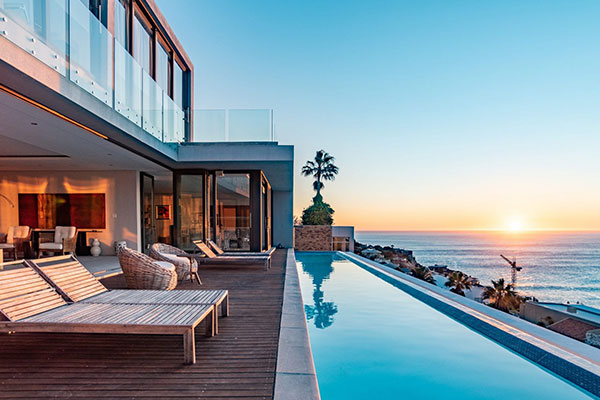
The city centre is known as the city bowl, for being encircled on three sides by the famous Table Mountain, now a World Heritage Site. This flat-topped mountain is unique in its shape and provides one of the most memorable backdrops of any city anywhere. A visit to Cape Town would not be complete without a hike or cable car ride up to the top, from where you can look out over the city below, the bay and Robben Island and see as far as the mountain ranges which form the boundary of the Cape Winelands.By using our easy website, you can find great accommodation of all types.
johannesburg

Are you travelling to Johannesburg on a tight budget or just don’t want to spend all your travel money on accommodation? To get the most value for your money, you can easily compare hotel prices in all of Johannesburg or in a certain area that suits you best. You can book cheap accommodation in Johannesburg close to the attractions you are interested in.Another good way to get the most out of a limited budget, provided your plans are a bit flexible, can be to stay in a hotel in the vicinity of Johannesburg.
Durban
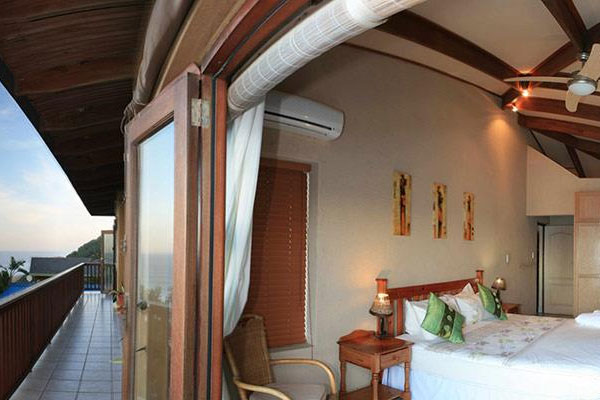
Choosing self-catering in Durban offers you a relaxed and independent holiday. Durban self-catering properties can include holiday homes, holiday cottages, or even a holiday apartment often at cheap rates for the accommodation.A self-catering holiday stay in Durban offers you cooking facilities to make food for yourself, often including braai facilities. Accommodations in Durban is an affordable, budget-friendly way of travelling. Between the wide ranges of accommodation, large variety of things to do there and the wonderful year-round good weather.
Port Elizabeth
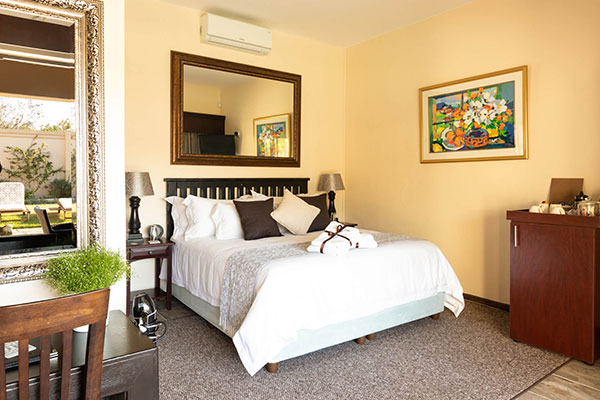
Port Elizabeth accommodation is situated on the south-eastern coast, 763 km east of Cape Town . Known as the "Friendly City", Port Elizabeth offers an outstanding value-for-money holiday base, Port Elizabeth provides a varied assortment of lures as a family-fun holiday destination including scenic nature trails, historic heritage, cultural experiences, terrific wildlife and a myriad of water sport activities.
Kruger National park
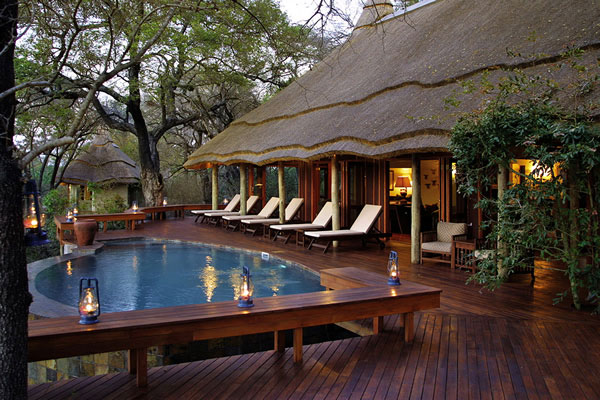
Accommodation at Kruger National Park to a variety of guest requirements and is well suited for those guests looking for a self-catering bushveld experience. Listings with guest ratings, grading and rates. Whether on holiday or for business travels, find your ideal place to stay in Kruger Park. Falcon Safaris is a collection of iconic hotels in South Africa's most inspiring destinations which form a circuit of quintessentially South African luxury travel experiences. The Kruger Park is famous for its Big 5 game viewings and nearly 2 million hectares of pristine bushveld.
Pilanesberg
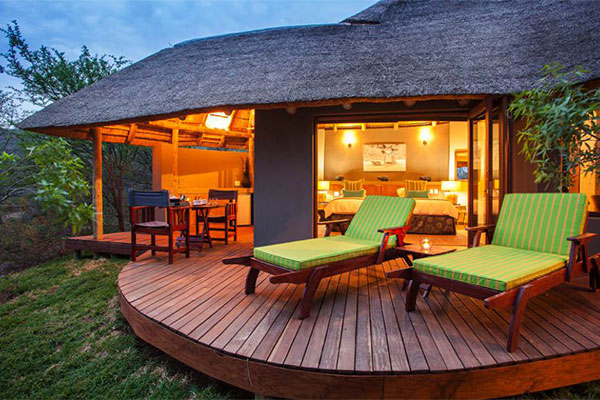
Accommodation in Pilanesberg National Park is as varied as the park itself. Pilanesberg offers a host of accommodation options, ranging from resorts, safari tents and bush lodges to chalets and self-catering. Discerning travellers will especially enjoy the exclusive lodges in the private Black Rhino Reserve, which was recently added to Pilanesberg National Park. Families and budget travellers will find a variety of accommodation choices to suit every budget, including self-catering, bed and breakfast and chalet options.
Garden route
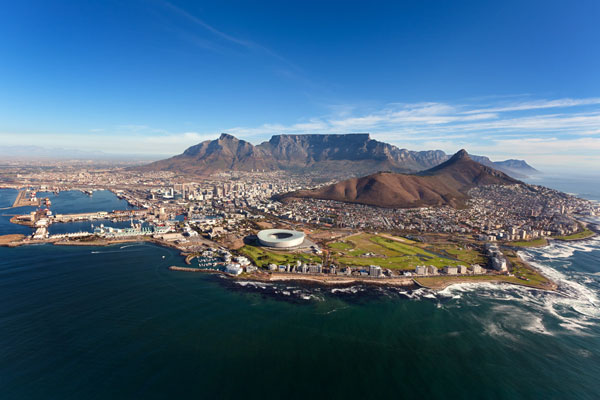
From luxury accommodation to state-of-the-art conferencing venues and world-class dining options, where better to make your Home Away From Home than Lagoon Beach Hotel & Spa. Situated on Lagoon Beach, with Cape Town’s central business district only minutes away on the Hotel’s free scheduled shuttle bus, not only do you have the beach on your doorstep, but also the eclectic vibe of city life. We welcome you to relax in one of our deluxe rooms where you’ll be sure to experience true luxury and comfort with direct access to the very best of Cape Town.
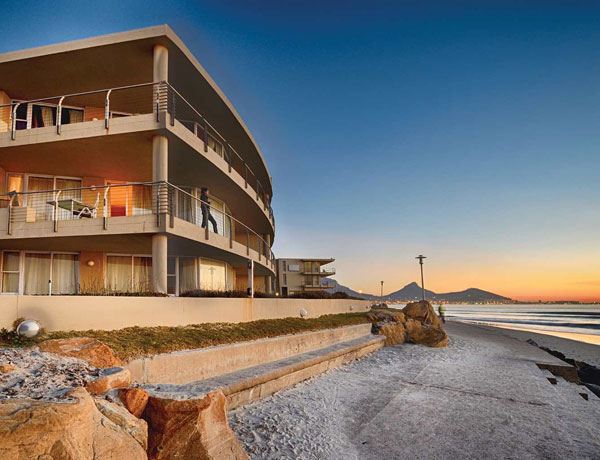
Lagoon Beach Hotel

Hippo Boutique Hotel
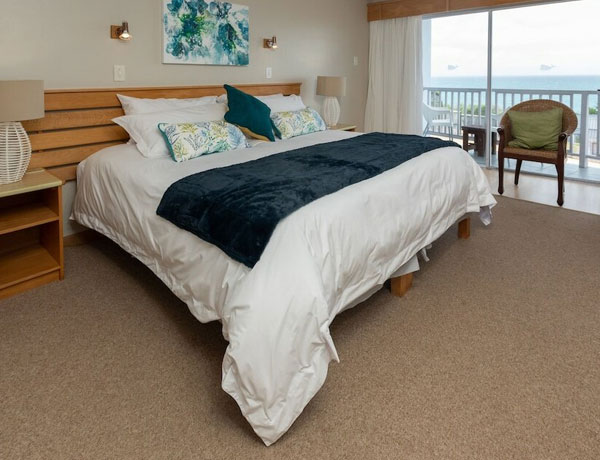
Spring Tide Inn Guesthouse
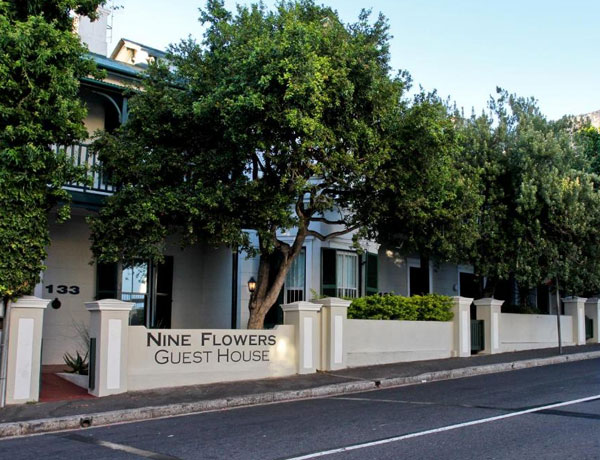
Nine Flowers Guest House
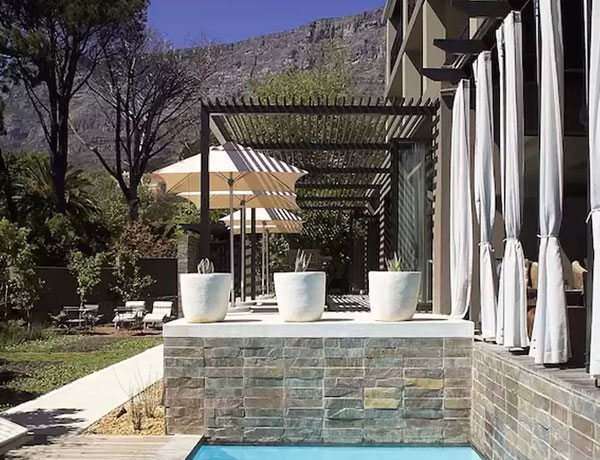
Kensington Place
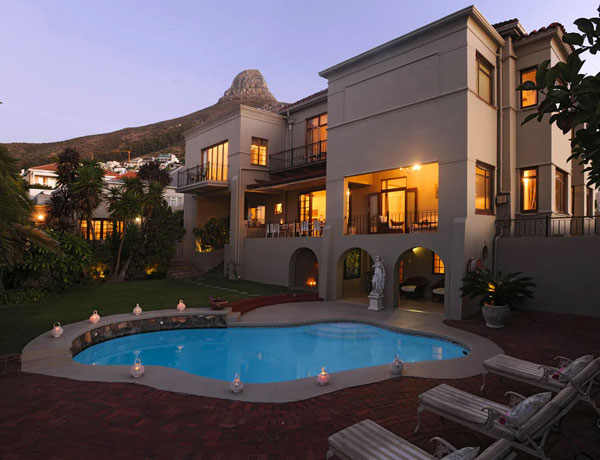
The Clarendon Fresnaye
Frequently Asked Questions South Africa
We Think You’ll Love
South Africa is gaining popularity in the tourism industry as one of the ideal destinations to witness wildlife and a lot more. And the number of travellers visiting the country is showing an appreciable growth each year. The government is also emphasising on developing the tourist attractions in the country. This means the country is also focusing on safety and security of its visitors. We do not deny the fact that the crime rate is an issue here but the public places and the places of tourist interest are safer. All you need to do is plan your trip sensibly and it is best to get it done by certified tour planners who have good experience in dealing with trips to South Africa.
Due to its different regional climates and wildlife opportunities, South Africa Destinations can be visited anytime round the year. The best time to visit the capital city, Cape Town is during the summer season i.e. from November to February. July to November is the best time for whale watching.
The Best Time To Visit South Africa is from May to September when the weather is just right for all kinds of safari and wildlife spotting.
South Africa Safari Cost vary from park to park and depend on what kind of safari you pick at that particular park – day, night, camping, walking, etc. The ideal price for South Africa Safari Packages starts from $300 per person.
It would have been easier to mention what animals you do not see on a South African safari, as the list would have been extremely short! The best safari here will let you spot animals like lion, leopard, rhinoceros, elephant, buffalo, hippopotamus, cheetah, wildebeest, gorilla, giraffe, zebra, crocodile, hyenas, and more. One can also spot numerous varieties of birds like the ostrich, vultures, bustard, eagles, broadbill, sunbird, and more.
We are thrilled to help you plan your perfect safari holiday
We'd be delighted to help you with any questions you have about properties & safaris. Please fill in the form below so that we can help you create your perfect safari holiday.
Or
Contact Us
Feel free to give us a call or send us an e-mail:
Start Planning Your Tailored African Safari

Expert Safari Knowledge
With decades of expertise, we're your trusted safari guides, ensuring every moment exceeds your expectations.

Tailor-made African Safaris
Tailored to your preferences, our African Safaris guarantee an adventure perfectly suited to your desires.

Long-term Relationships
Our enduring partnerships across Africa provide exclusive access and authentic experiences.

Carefree Travel
Leave your worries behind and accept carefree travel with Falcon Safaris, where every detail is handled to perfection.
Our Travelers Say

We travelled with Falcon Safaris in Zimbabwe and Botswana for 16 days. Falcon designed a wonderful trip with private guide to the most interesting sites in both countries. The organization of the whole trip was excellent, flights within the country, accommodation and activites. The guides were very knowledgable and told us a lot about the countries, their history, people, economy and much more. We visited the Great Zimbabwe Ruins, the Victoria Falls Tour and a number of national parks in both countries.
Rhino tracking was a real adventure! We had tremendous further game drives and saw very many animals - we did the Big Five. We had much more Victoria Falls Activities than planned and enjoyed very much.We strongly recommend Falcon Safaris to everyone planning a trip to Southern Africa and East Africa.
Wonderful trip to Zimbabwe and Botswana with excellent organization and very competent guides

Our Consultant Vimbai was very helpful and accommodating. We stayed at the Elephant hills hotel which was nothing short of amazing.Our activities included a helicopter flight, dinner cruise as well as a morning game drive. All the activities were absolutely amazing.
Exceptional!

We worked with Gertrude to schedule and organize everything and she did an excellent job. I asked a lot of questions via e-mail and she answered everyone in a timely helpful manner. Our guide at Victoria Falls was also great. He met us at the airport, provided a thoughtful tour of the Falls and got us to our next guide in Botswana. Our lodgings at River View Lodge were just as described- very comfortable and excellent food. All the staff were so pleasant and helpful. If I had to do it again I would arrange a morning boat ride as well. We only did the sunset boat rides and they were the high point of our entire trip- we saw so many animals and our guide was very knowledgeable. Just a great experience. Our lodgings at Oddball's Enclave was rustic and we loved it. So great to disconnect from the world for a bit. Leo, our guide, was the best - got us out and about, saw fantastic wildlife and got back to camp safely each time. Doc manages the camp so well. This whole trip was planned and organized by Falcon Safaris and we could not have been happier.
Fabulous, well planned trip

Falcon safaris have given my the correct advice with excellent service. The only suggestion will be to work closer with the lodges to confirm bookings as soon as possible. We have booked and pay our deposit a year in advance. We have only receive our final convermation from Chobe Safari lodge a week before departure. I do realize its not within your controle but with limit alternatives and a group of 14 people it becomes an issue to find alternative accomodation if the booking was cancelled.
Excellent and efficient service
Explore Our Africa With Customize Your Tour
We love Africa's diversity and create amazing trips for you. With 30+ years of experience, we customize every trip just for you.


